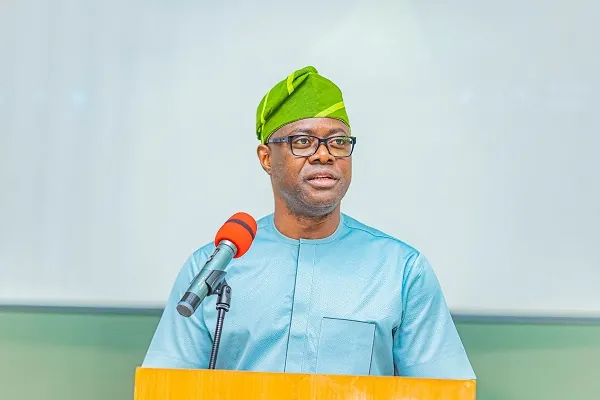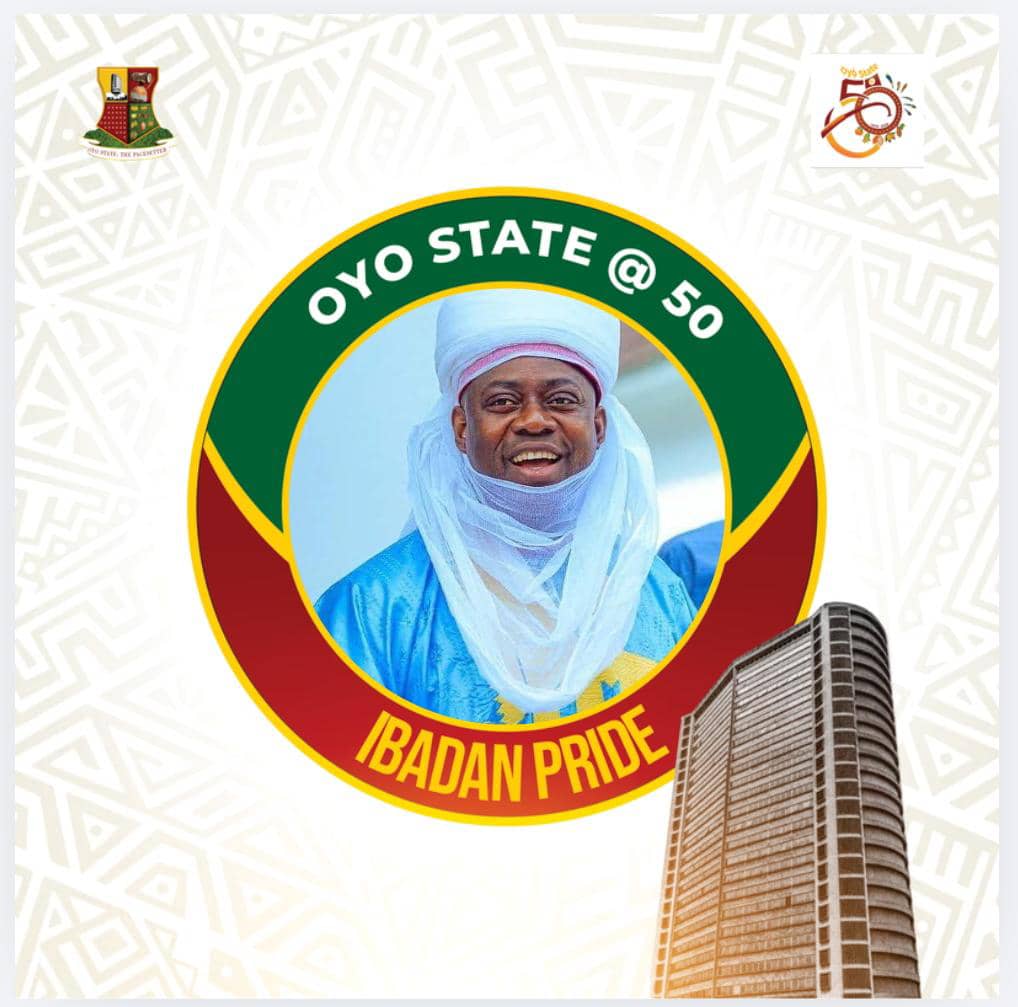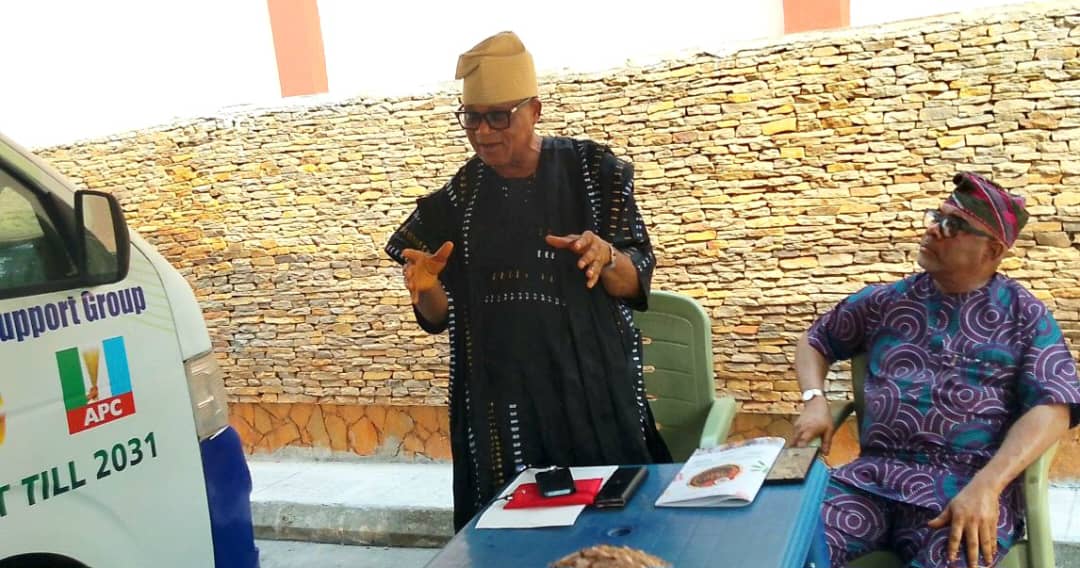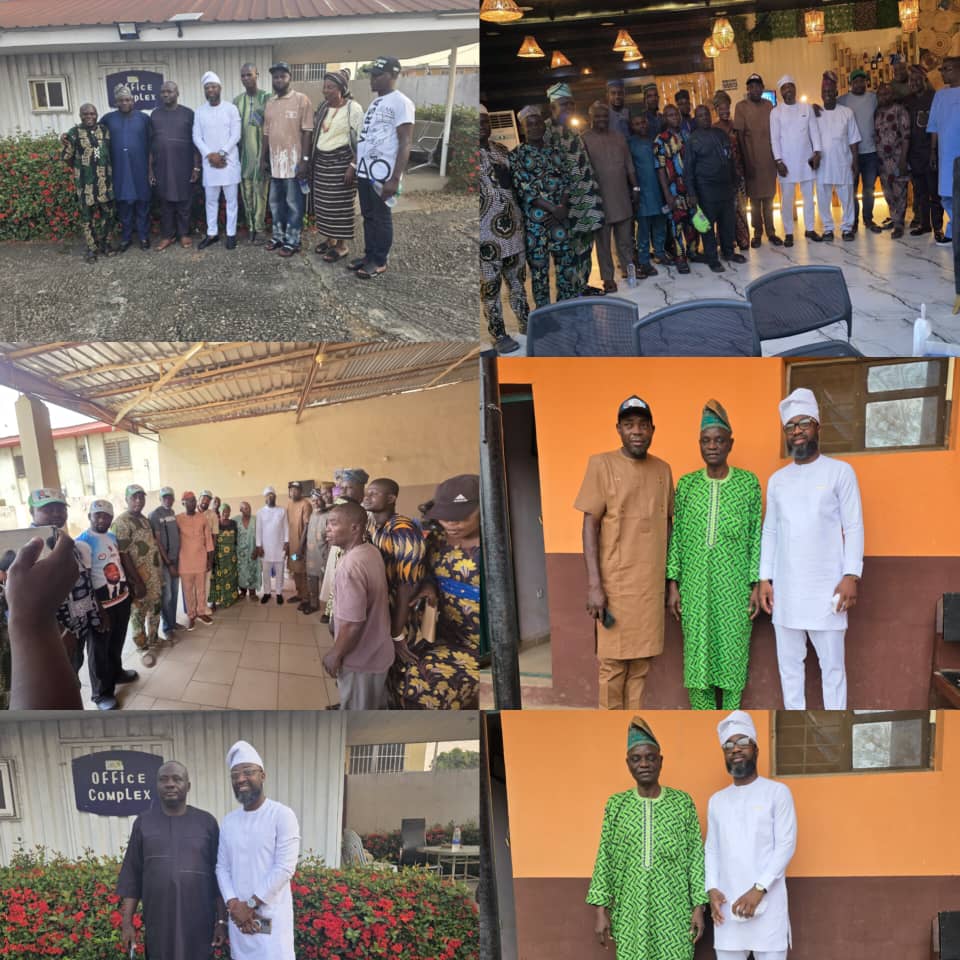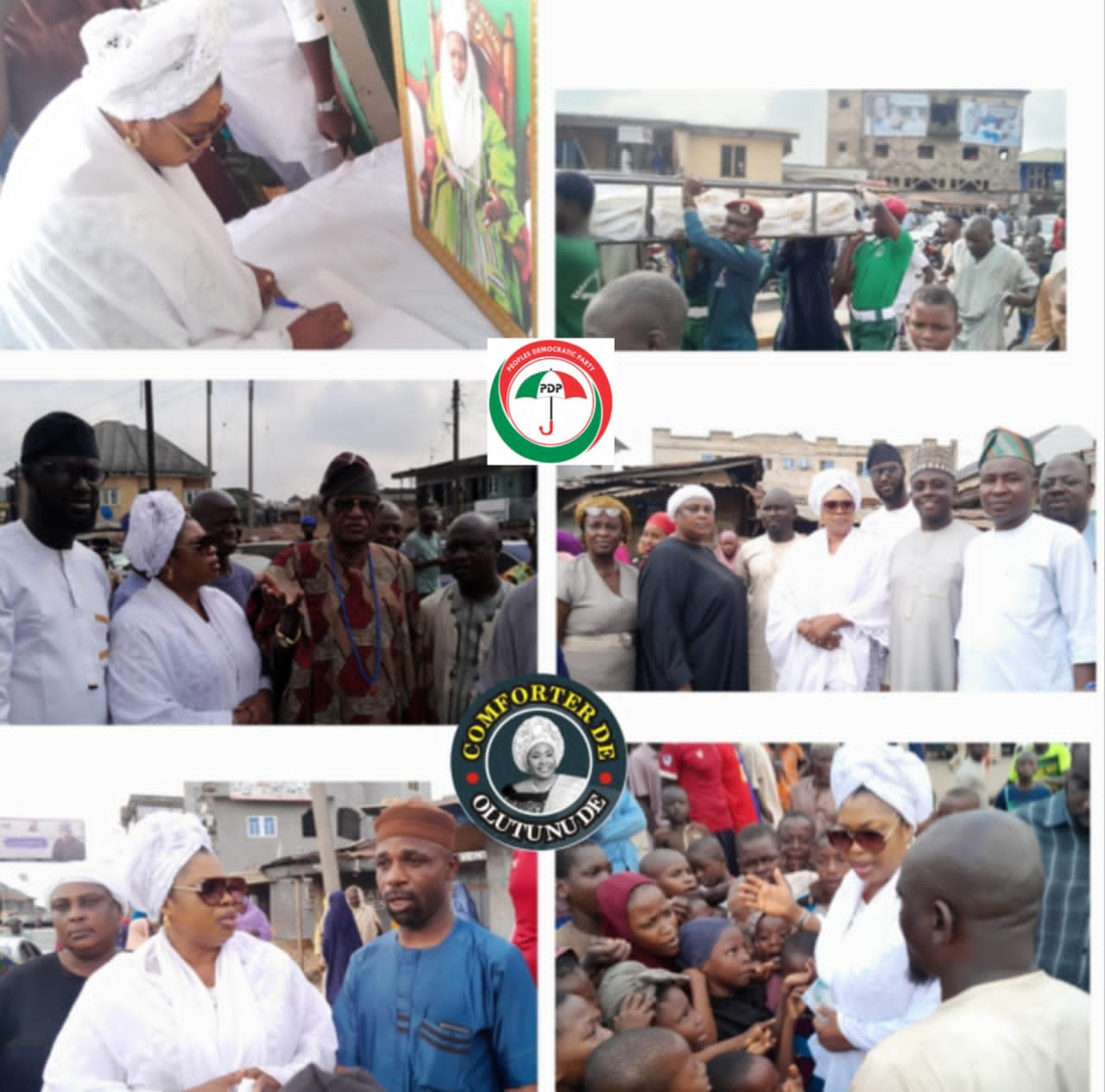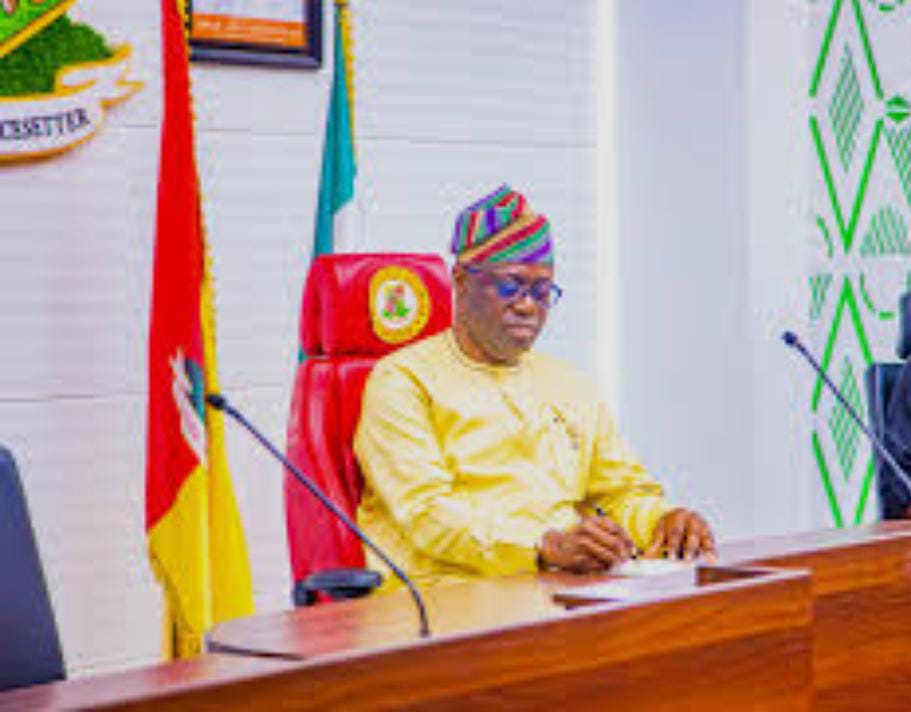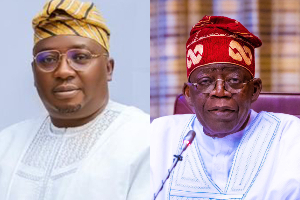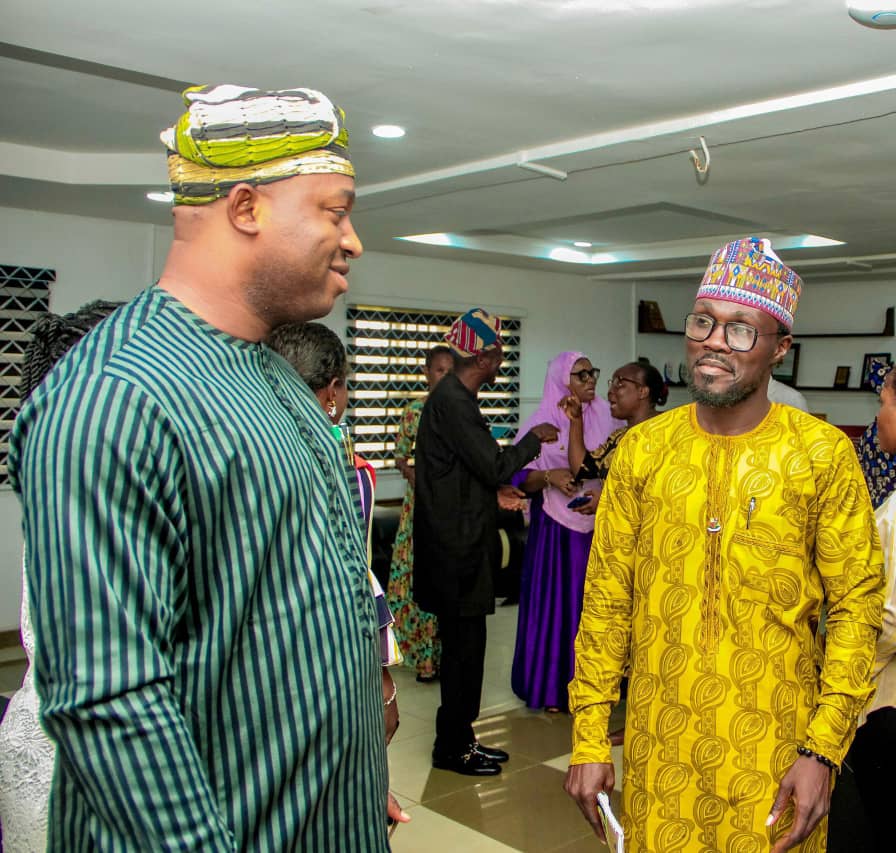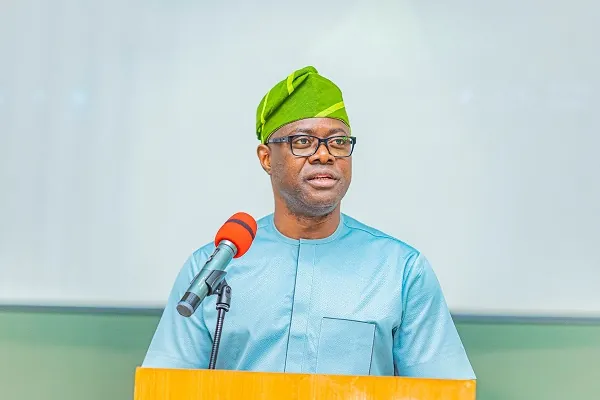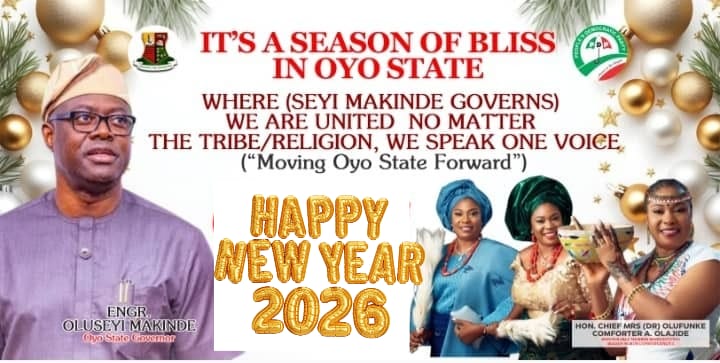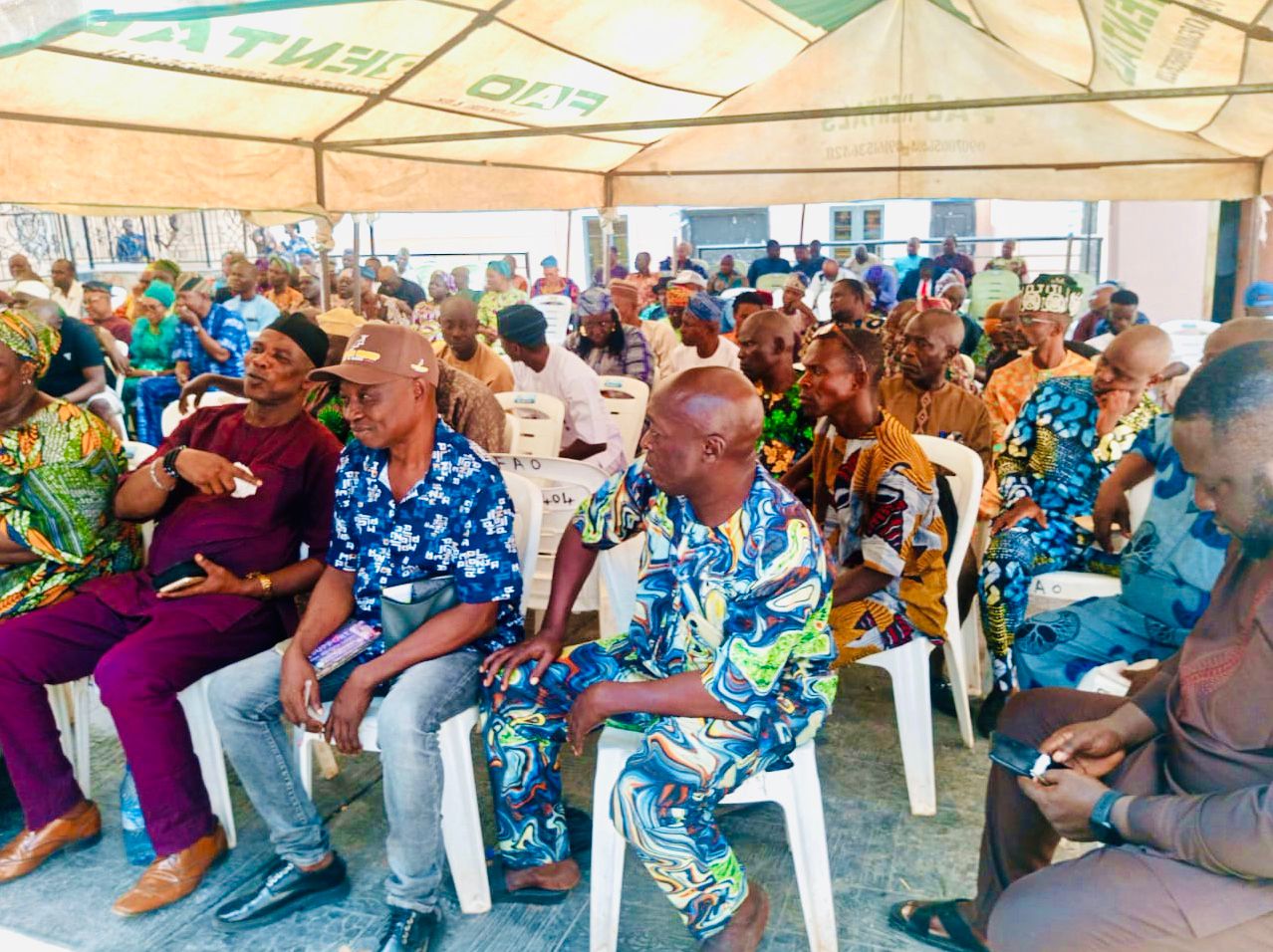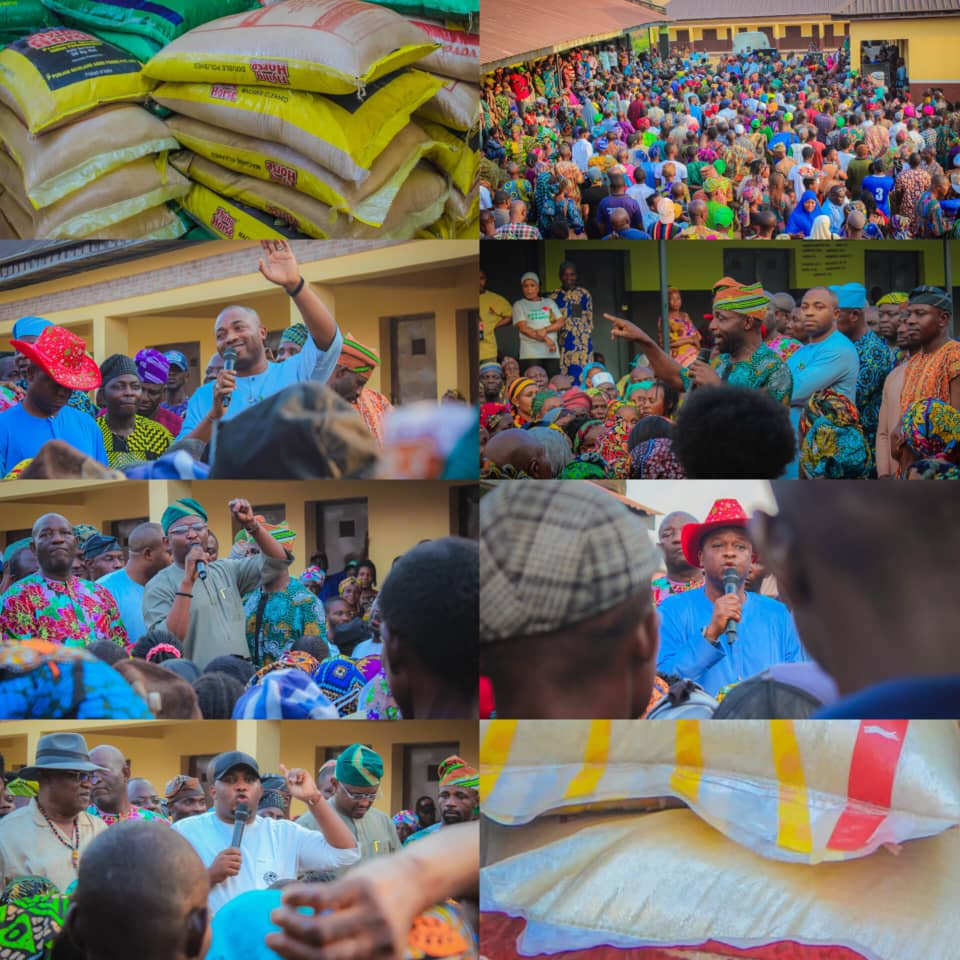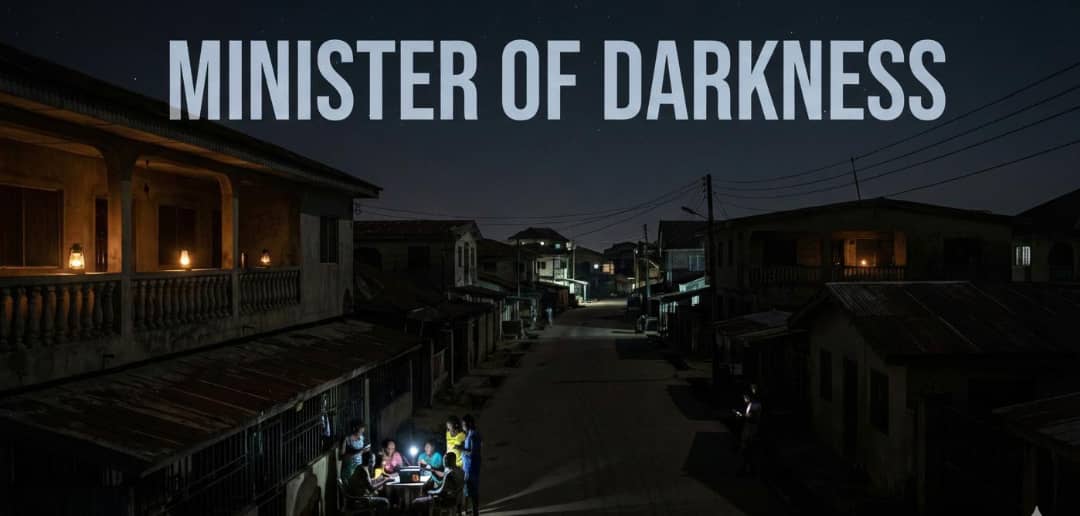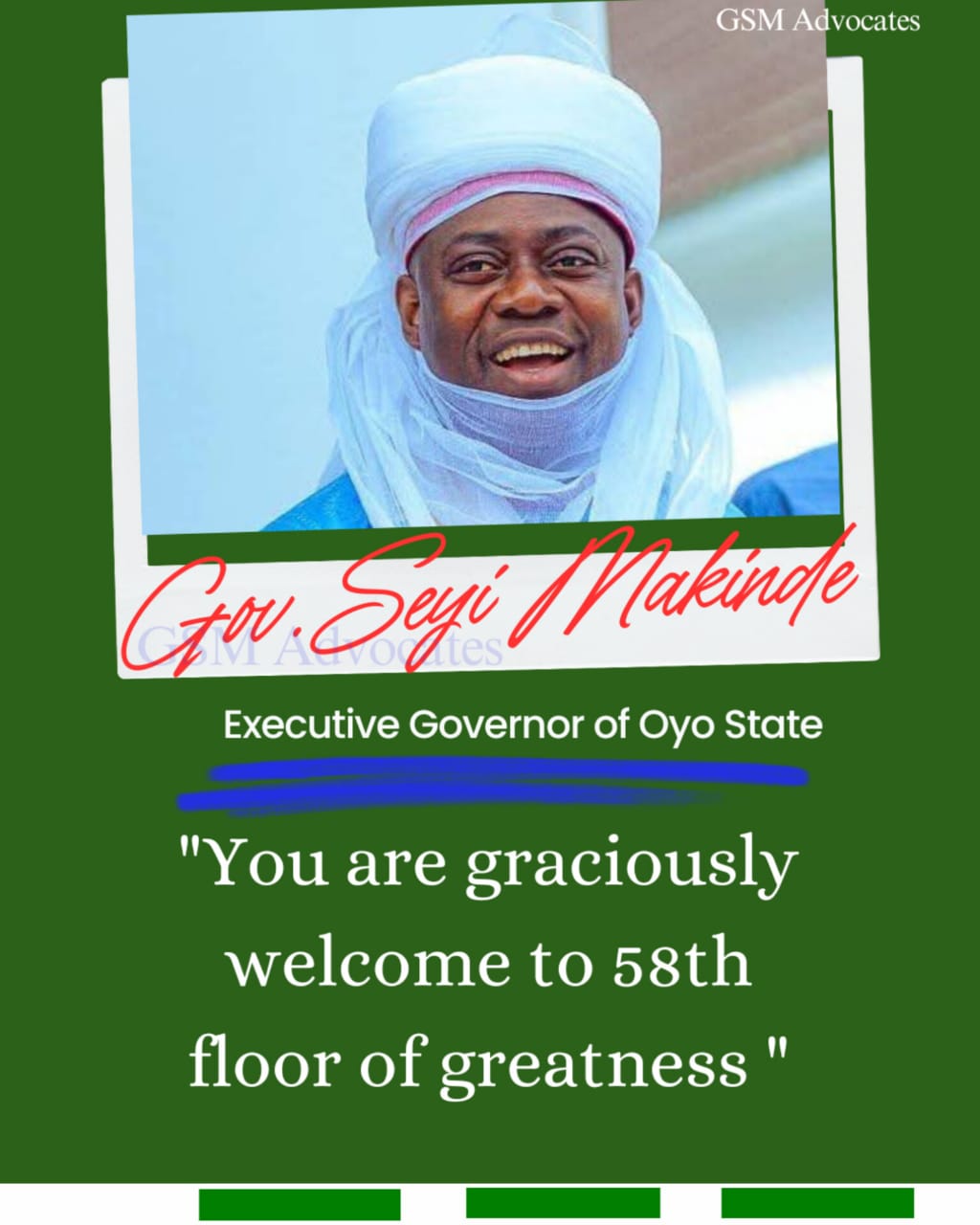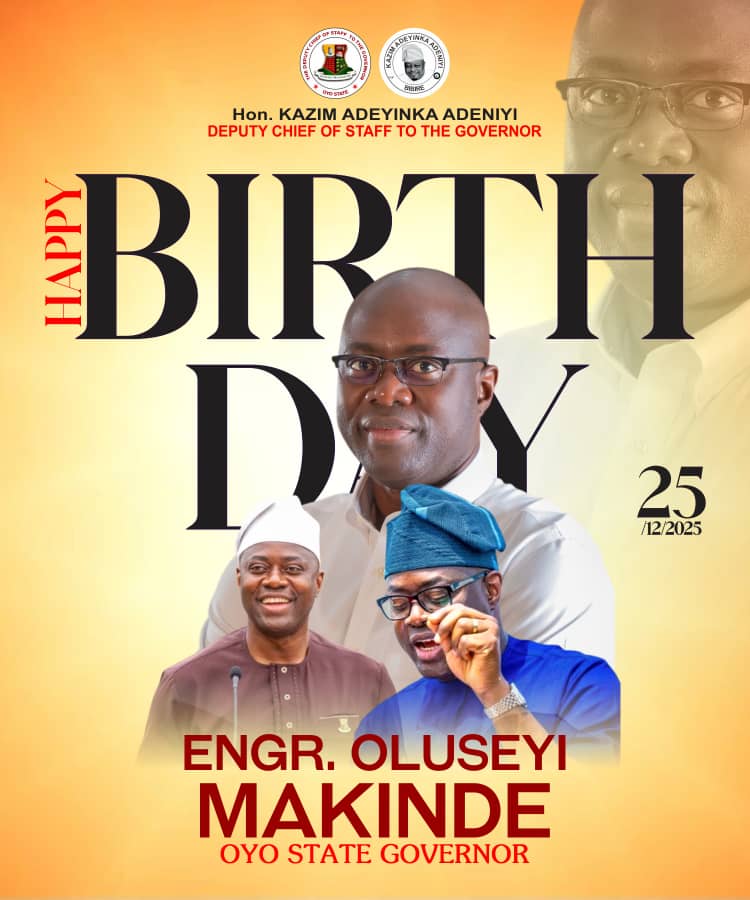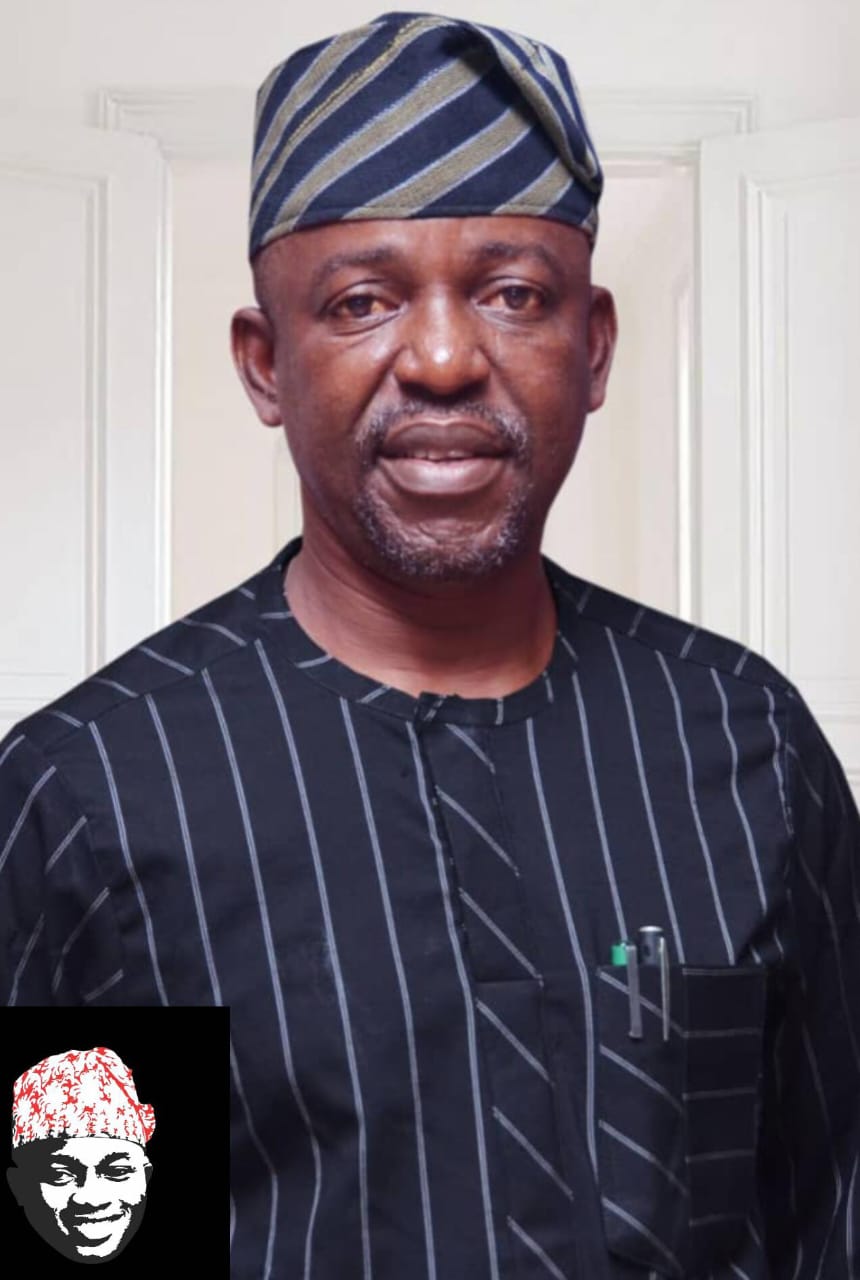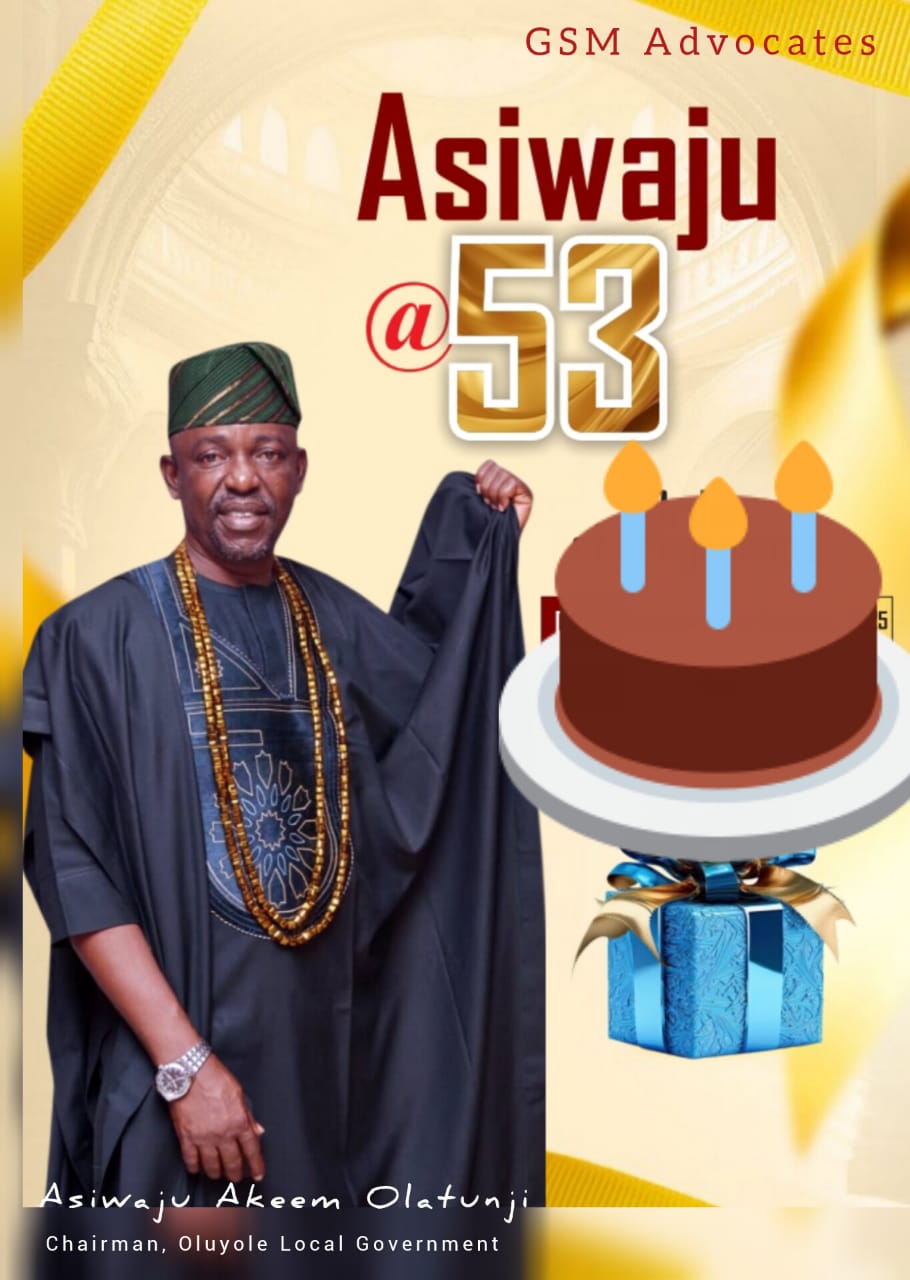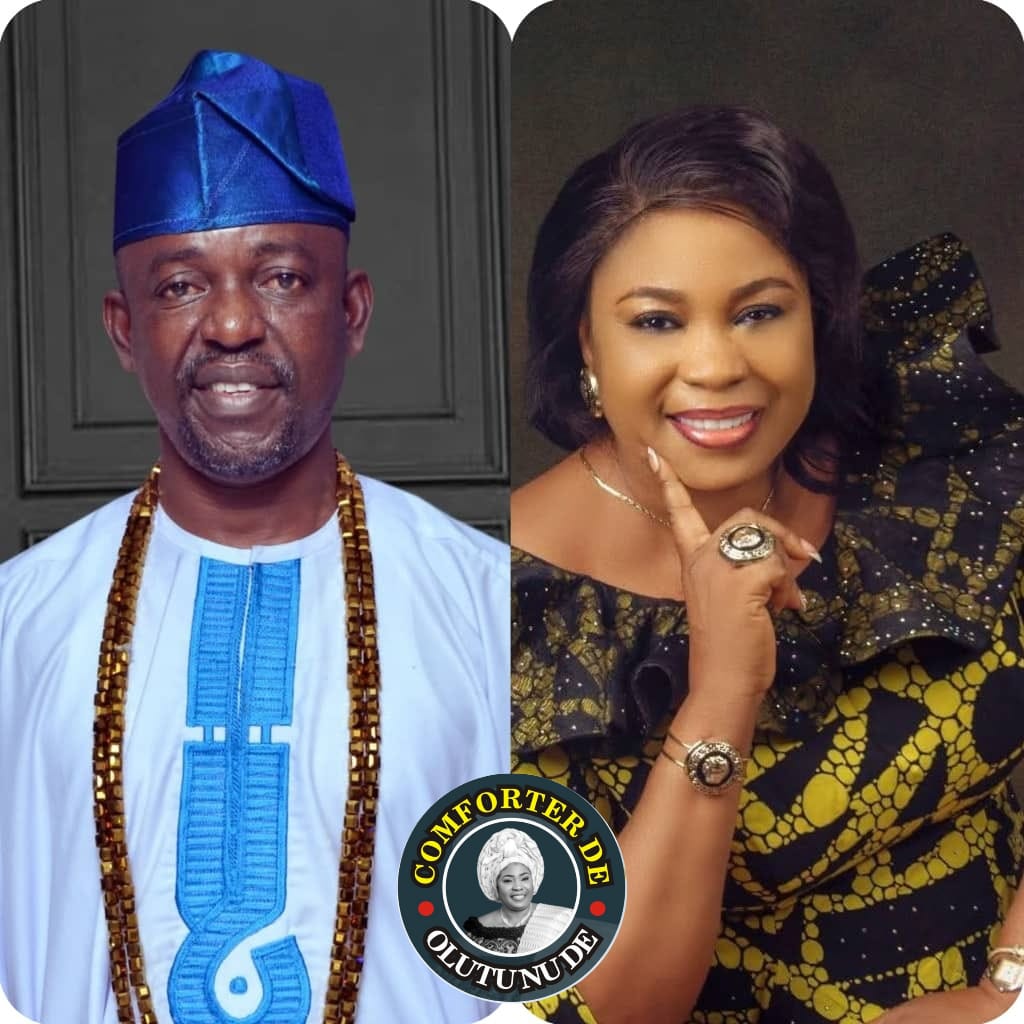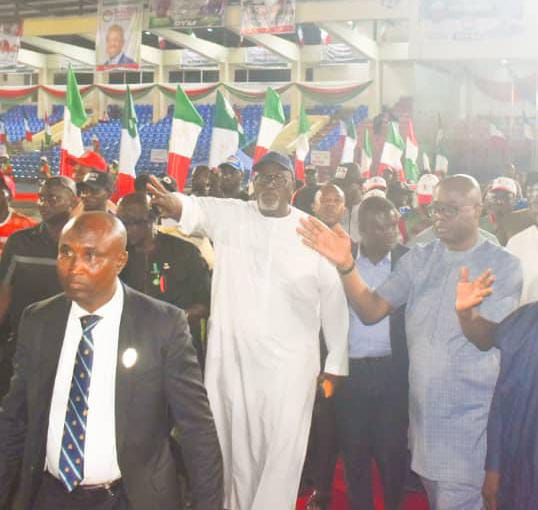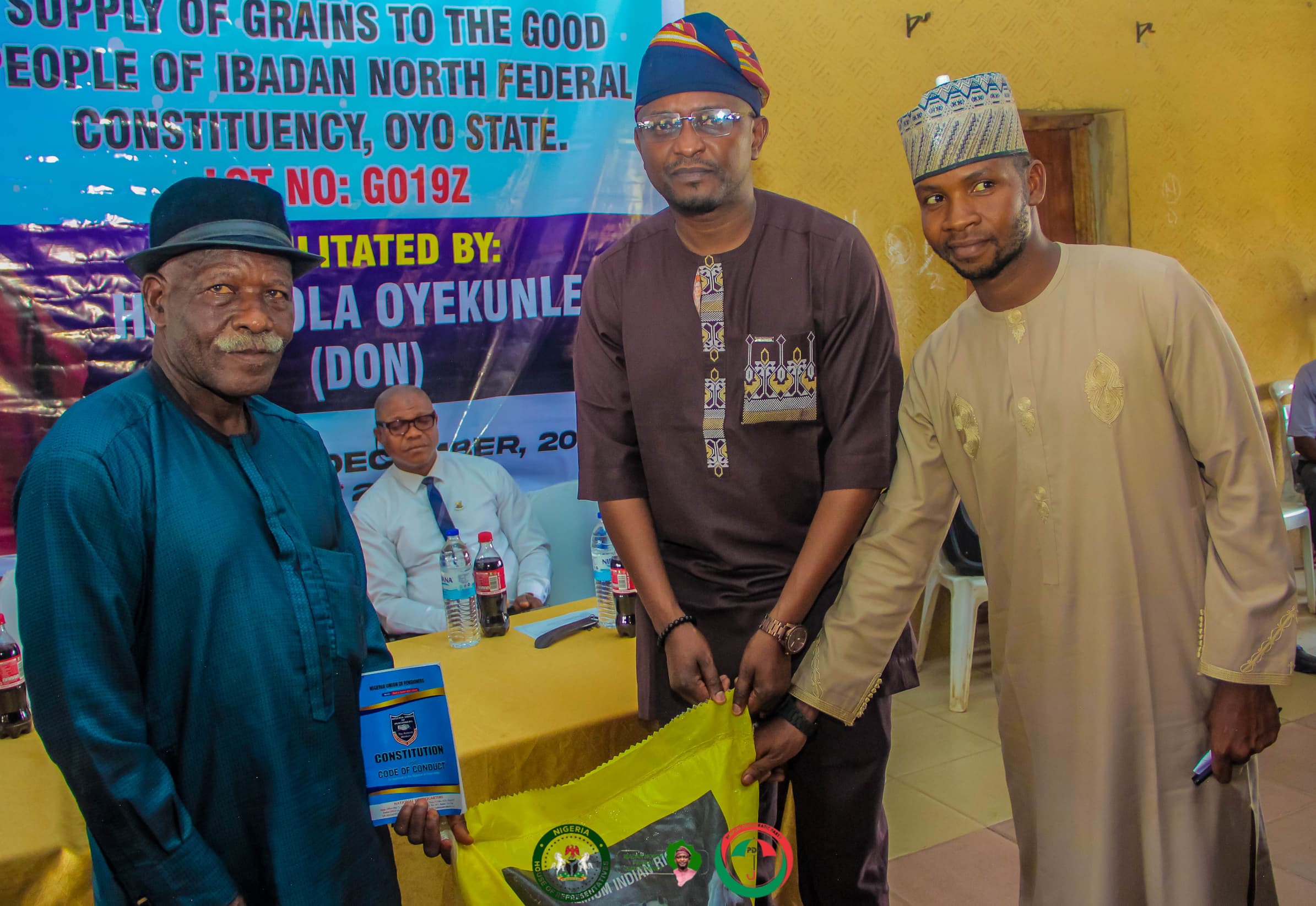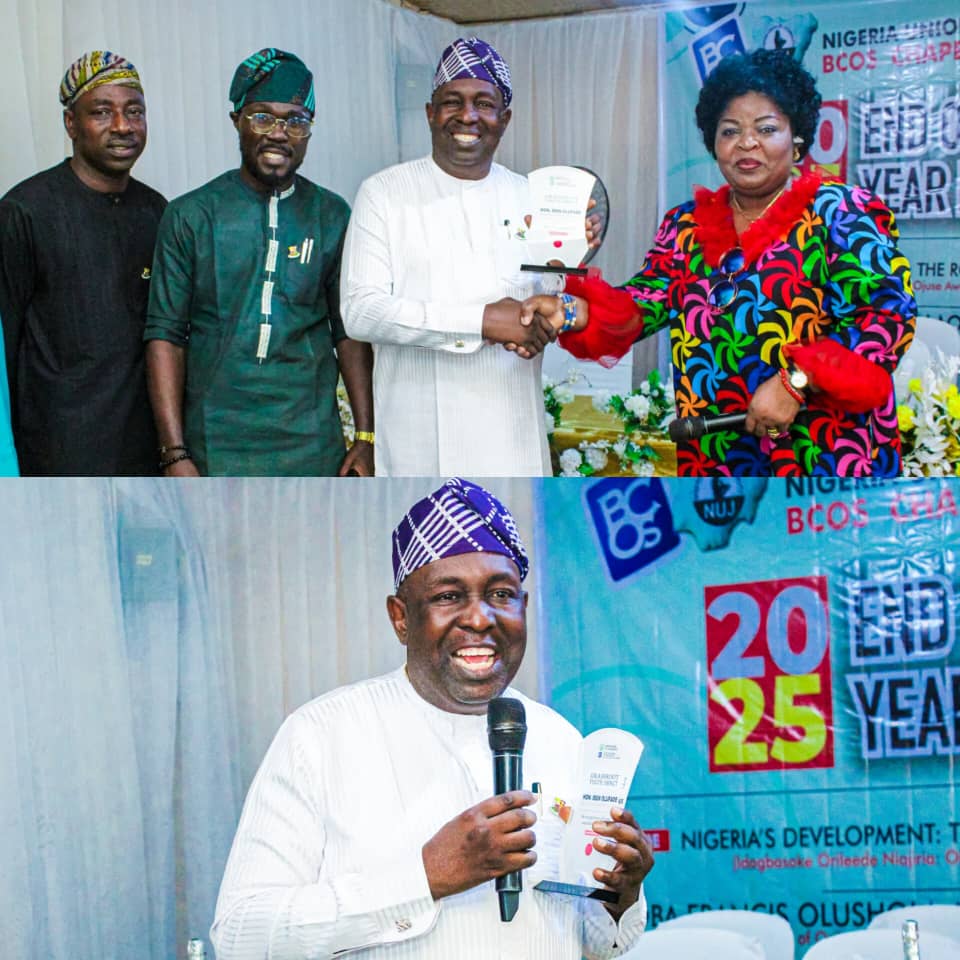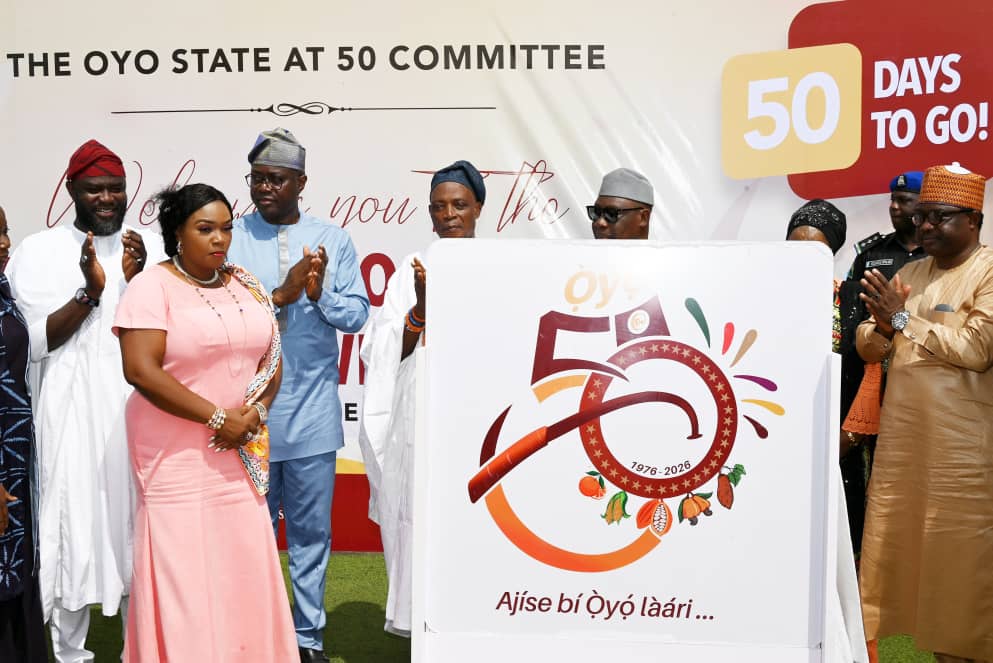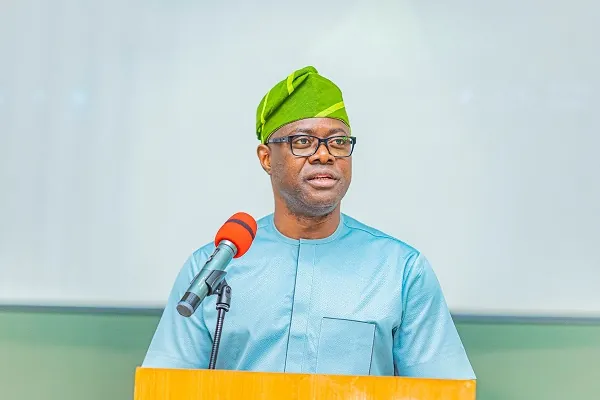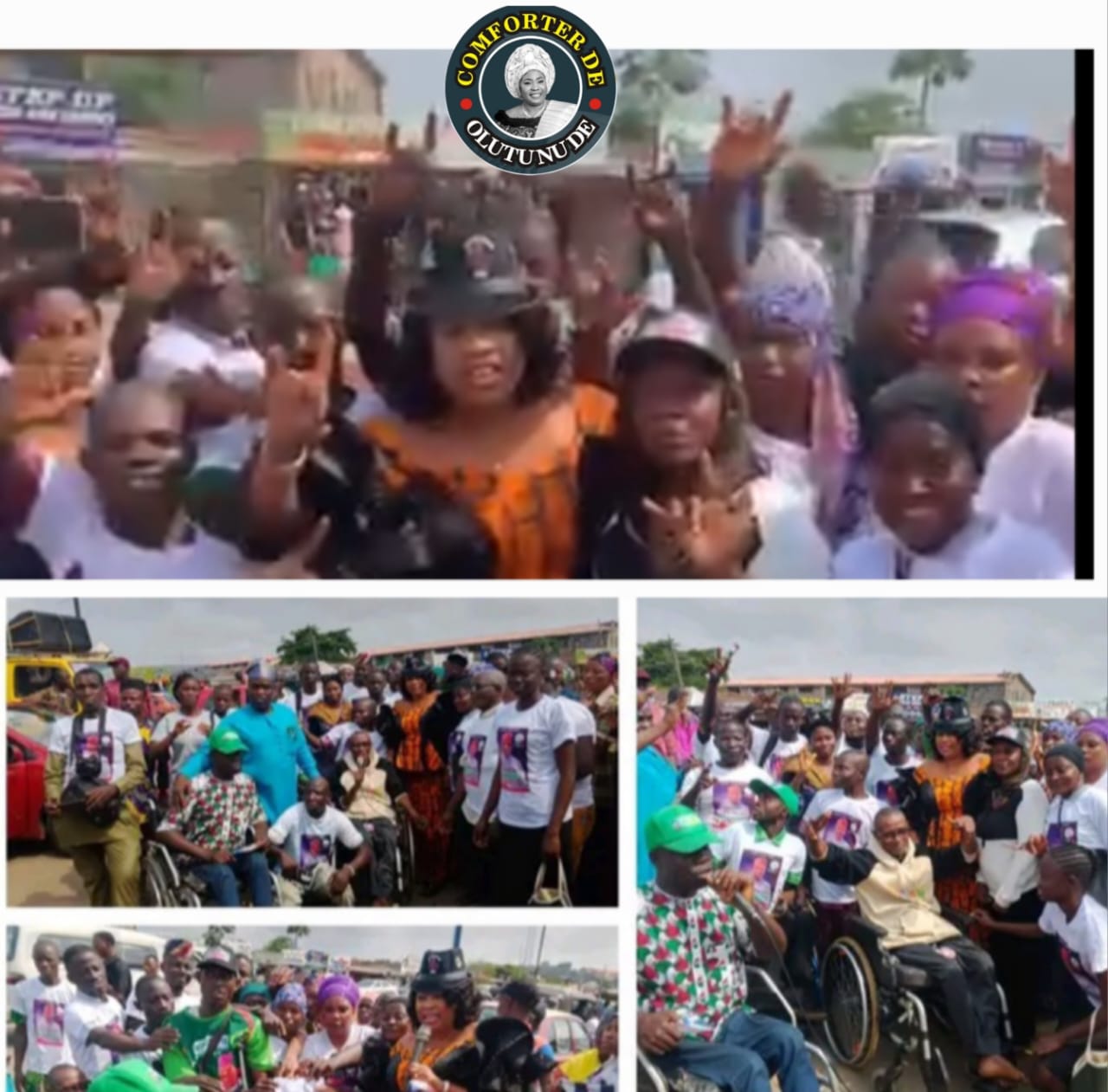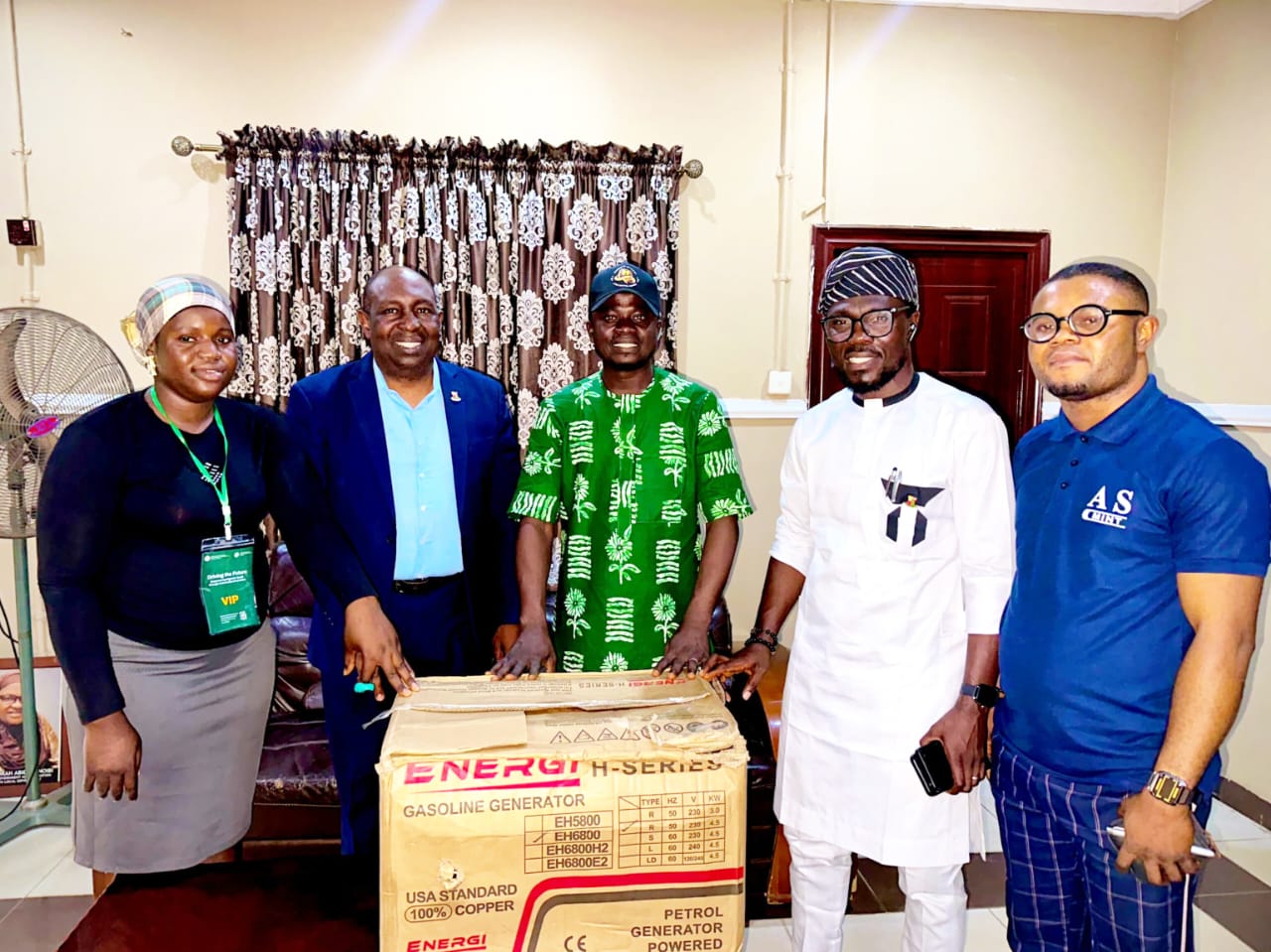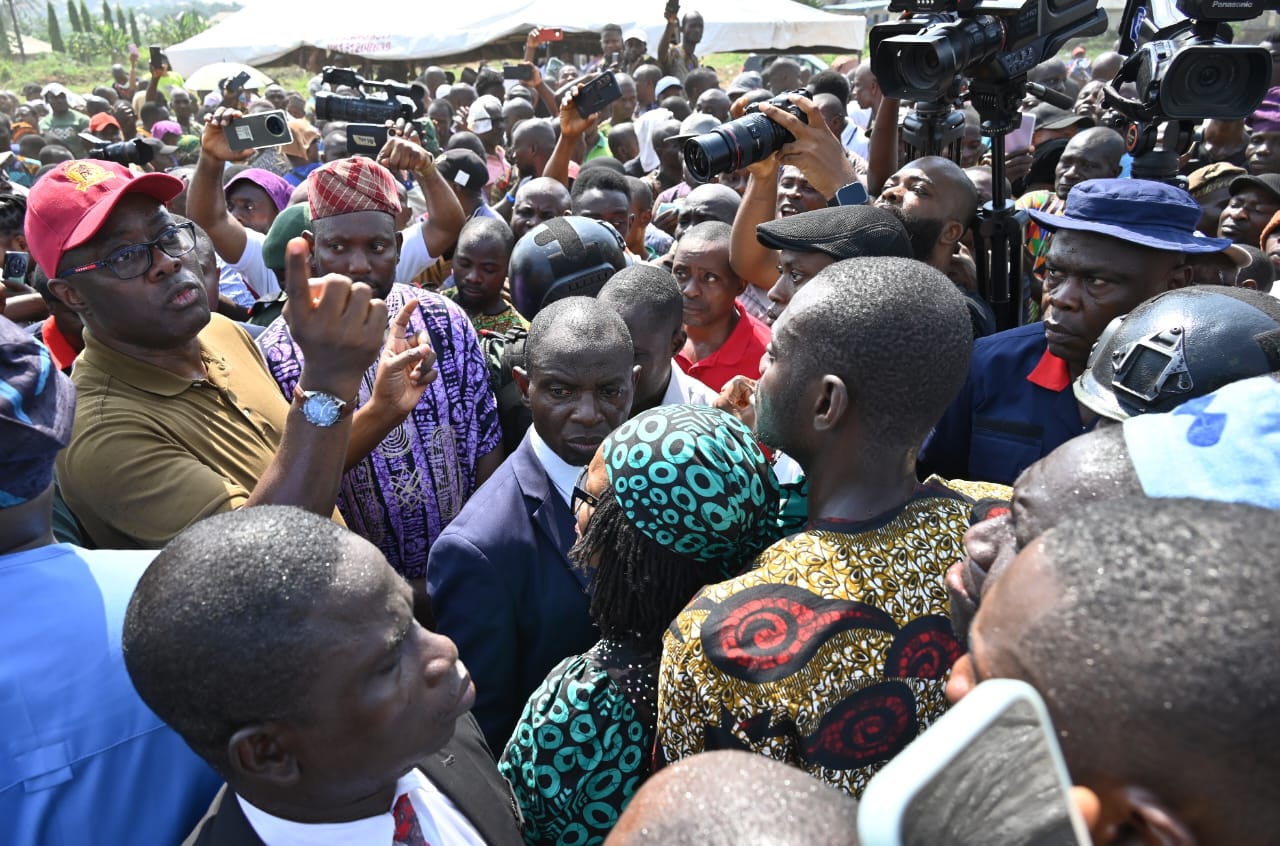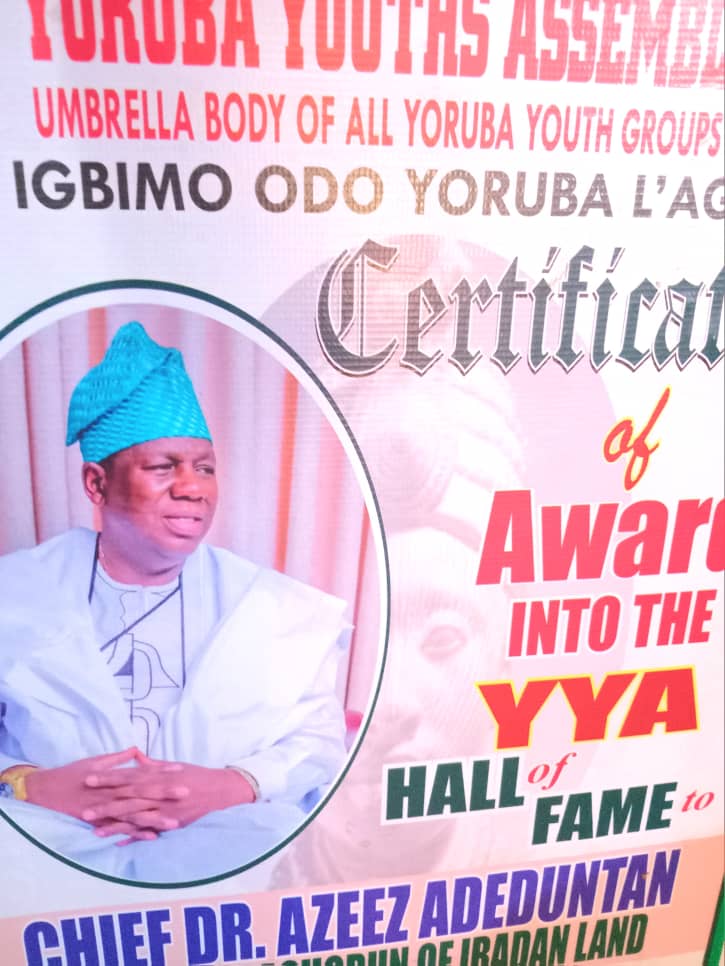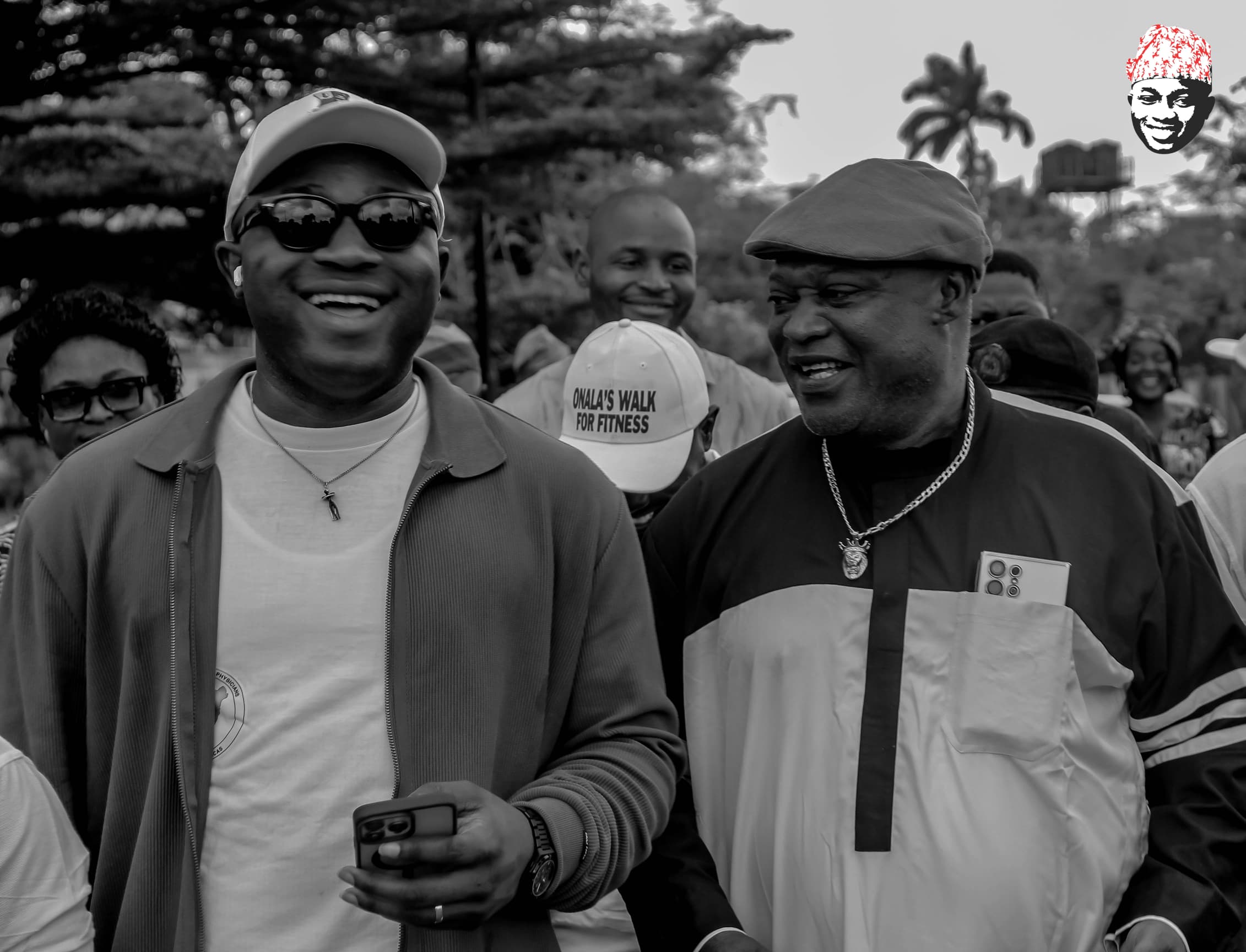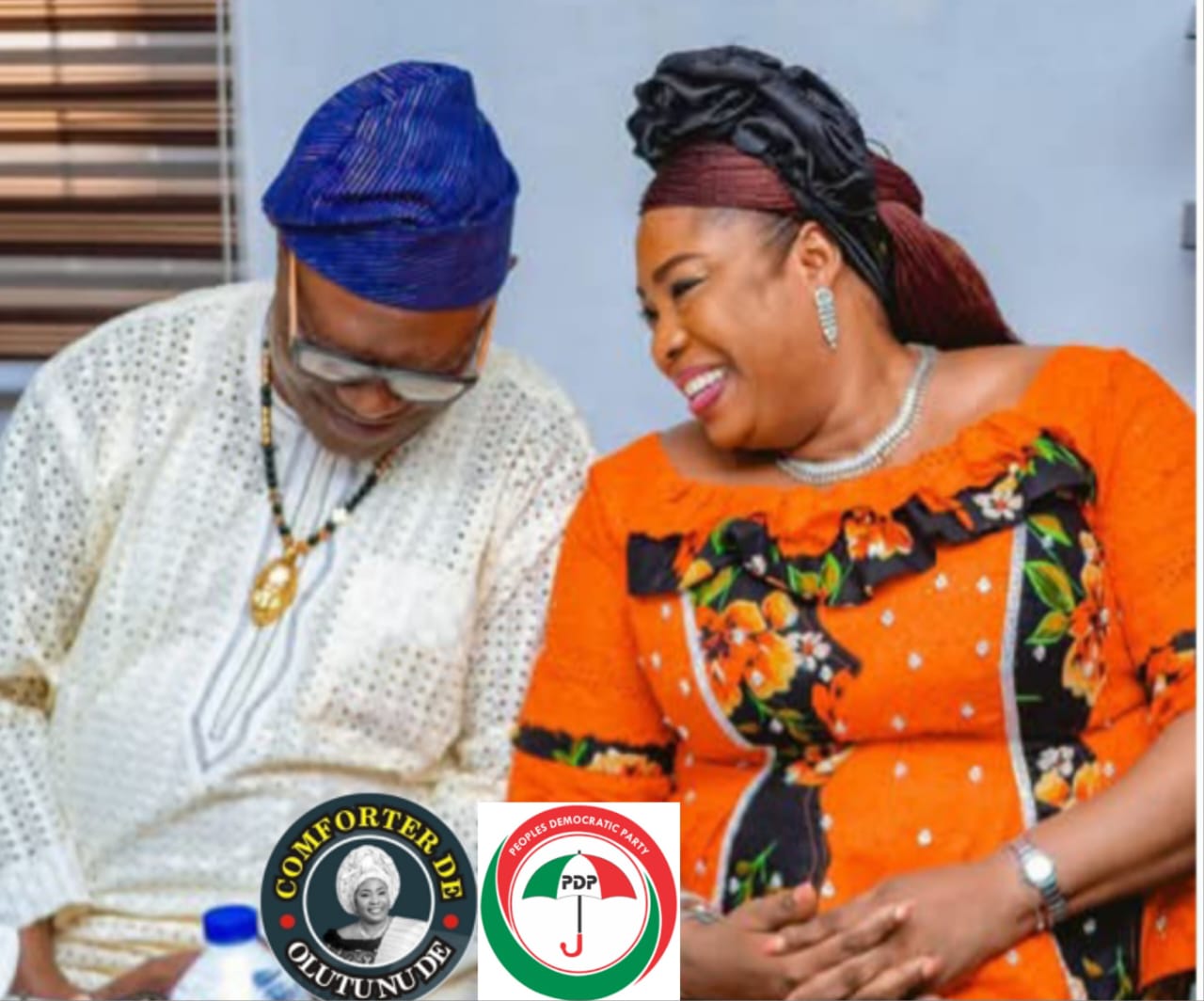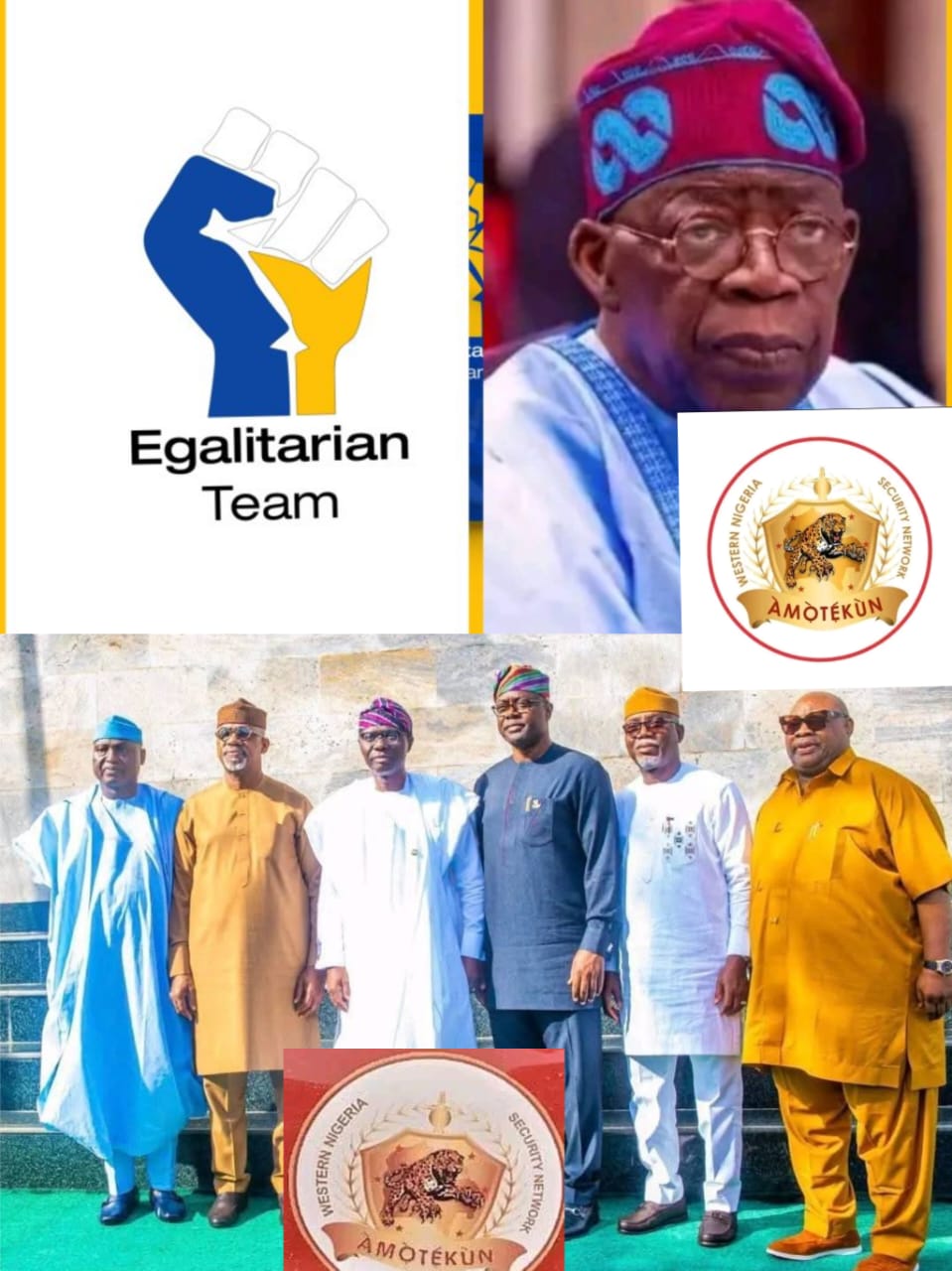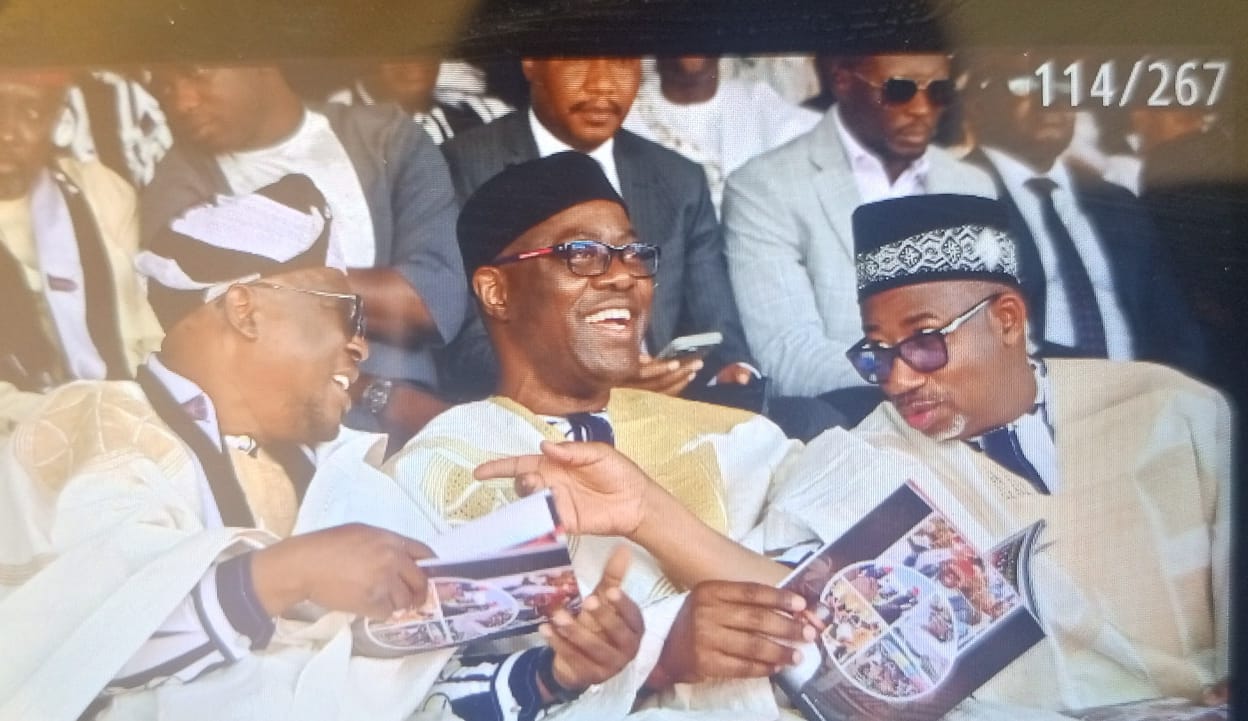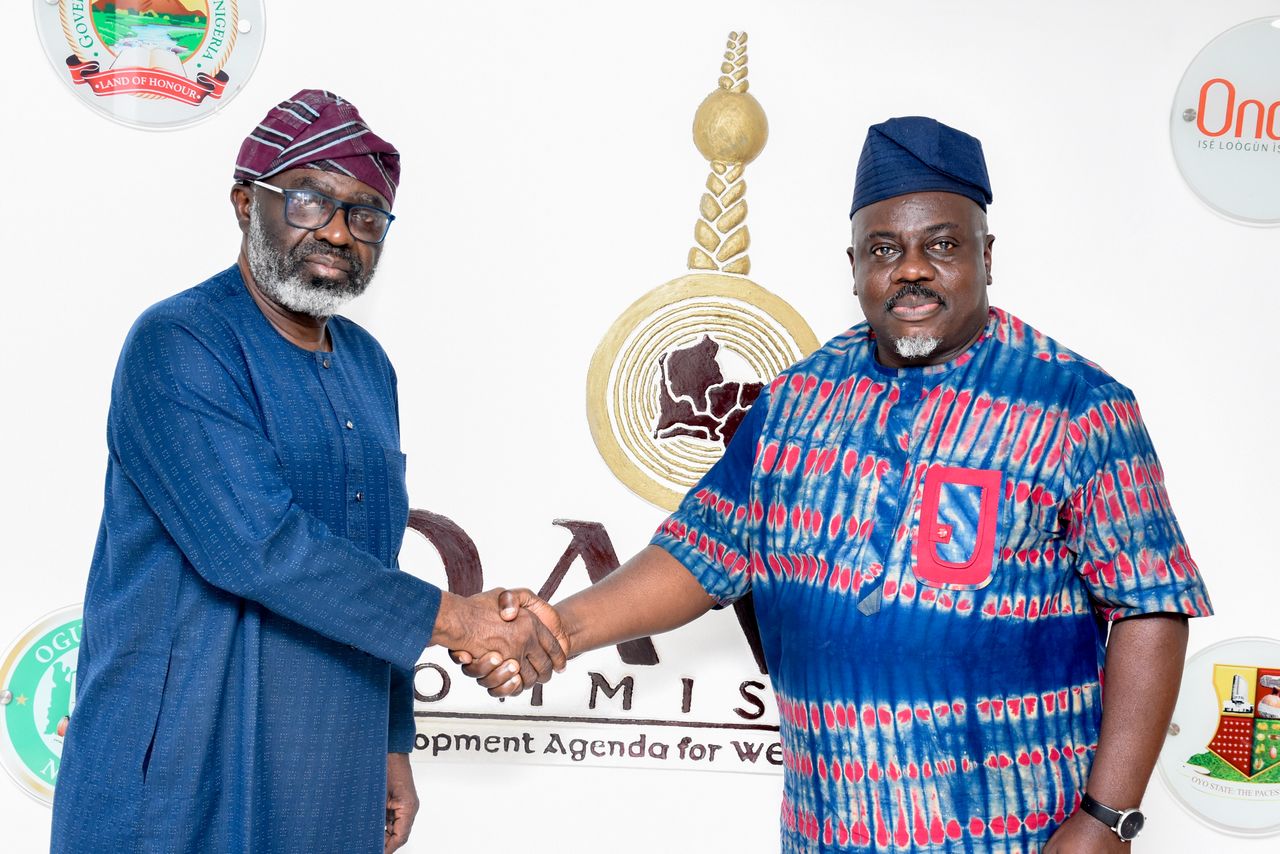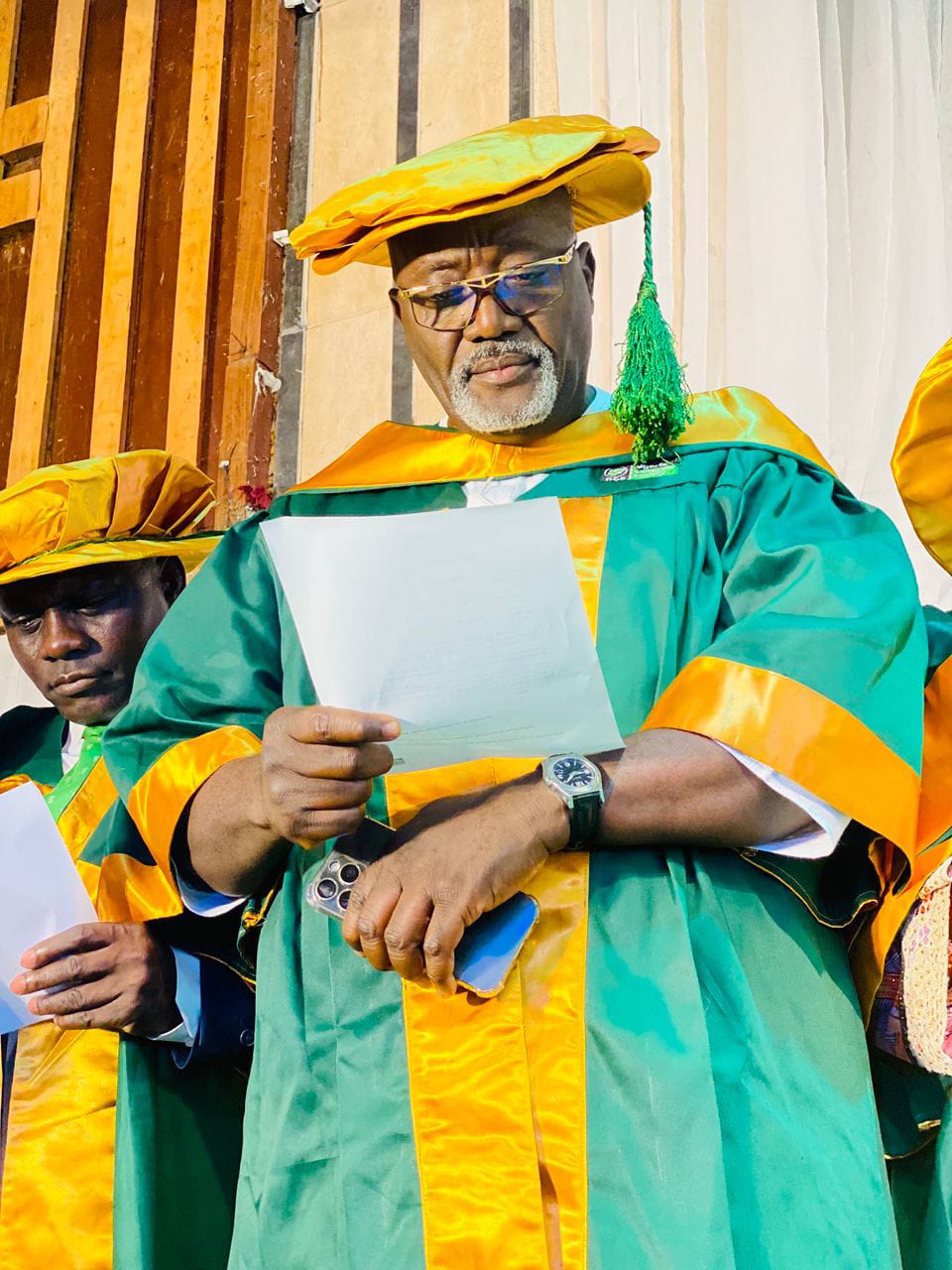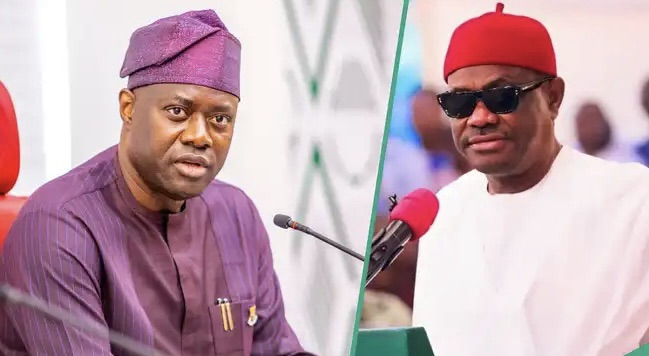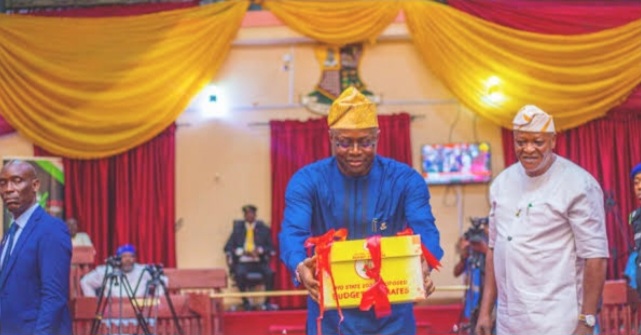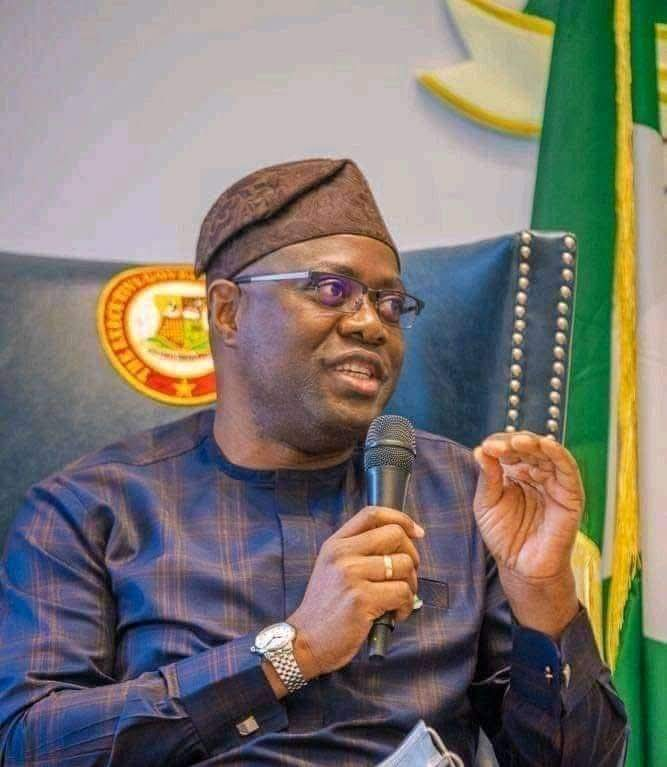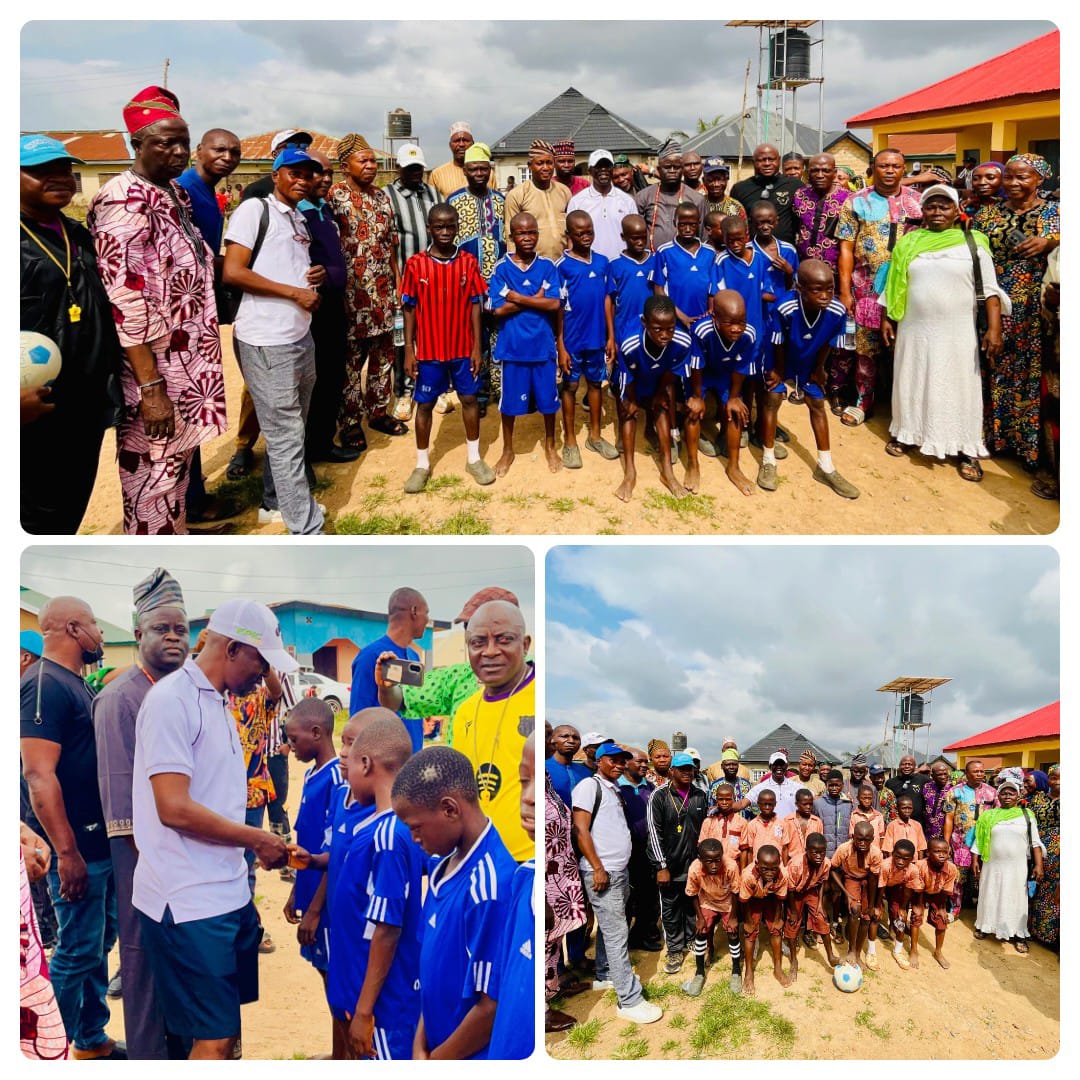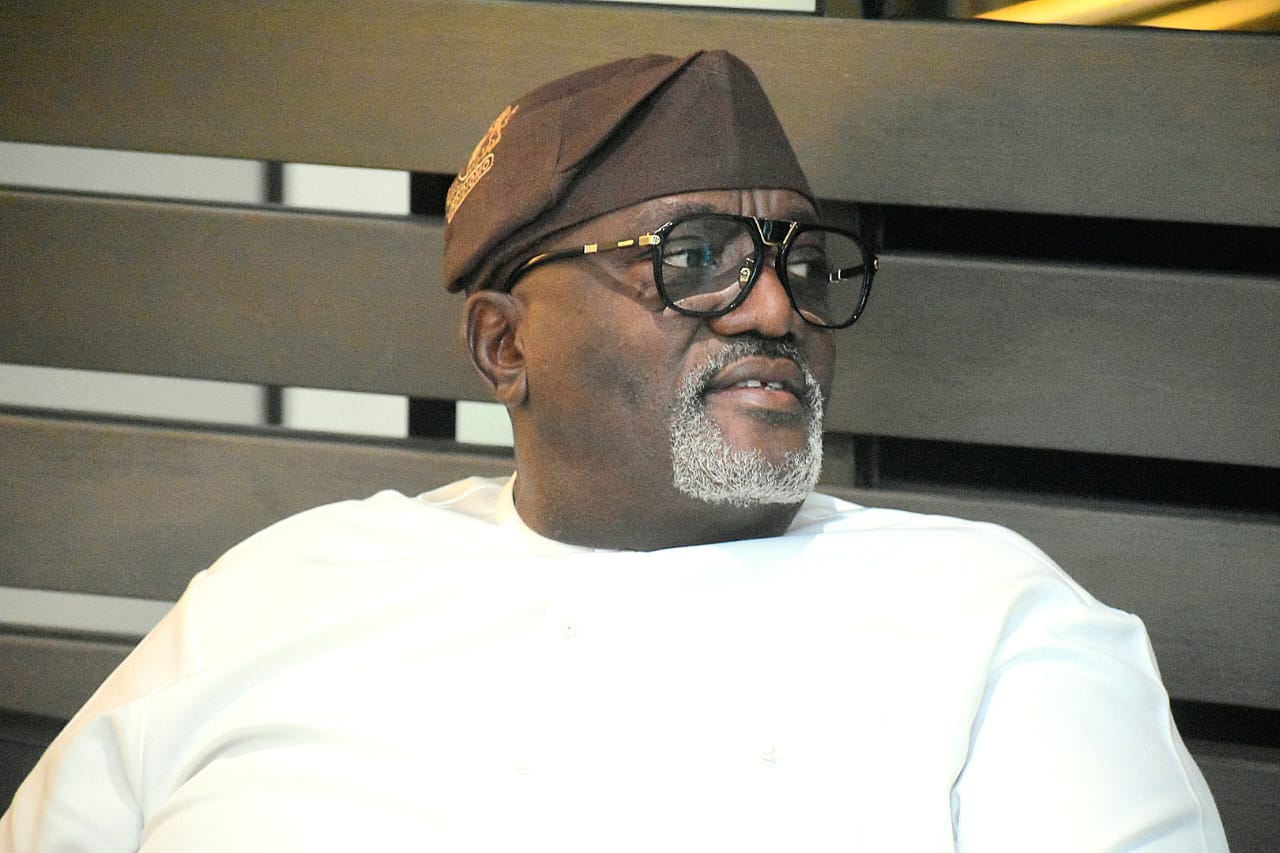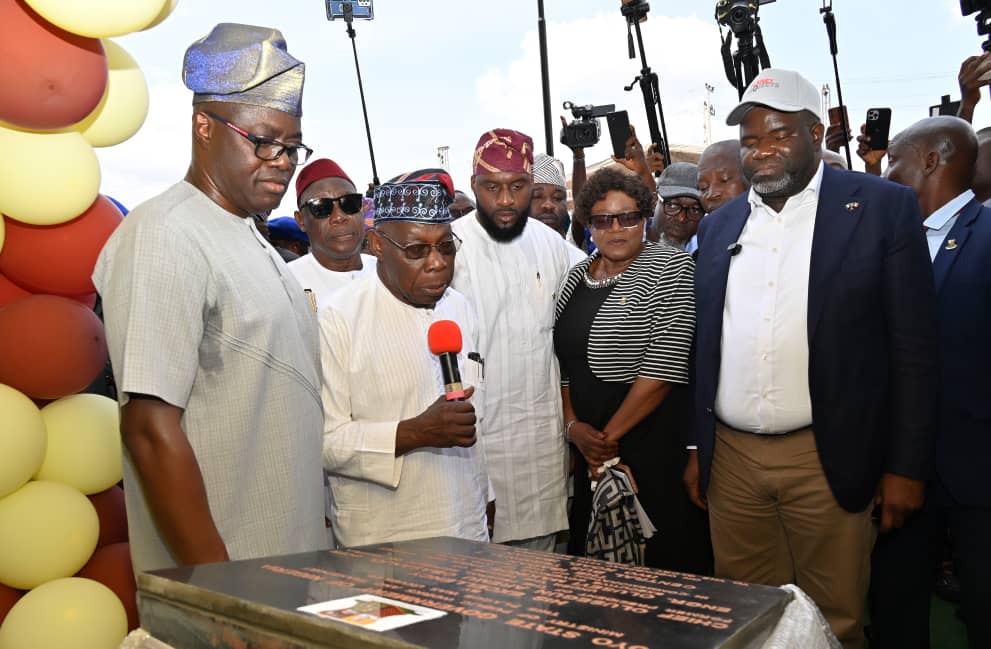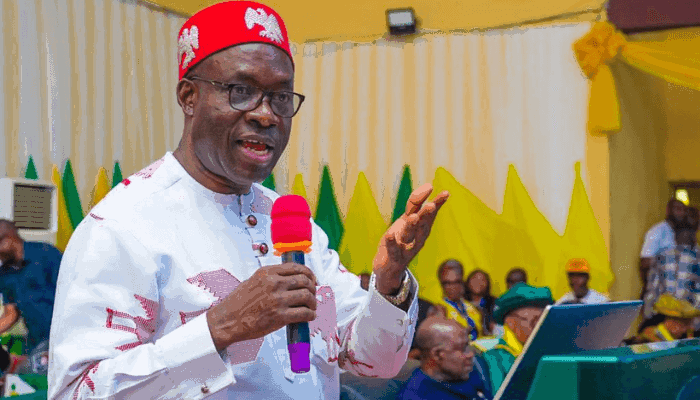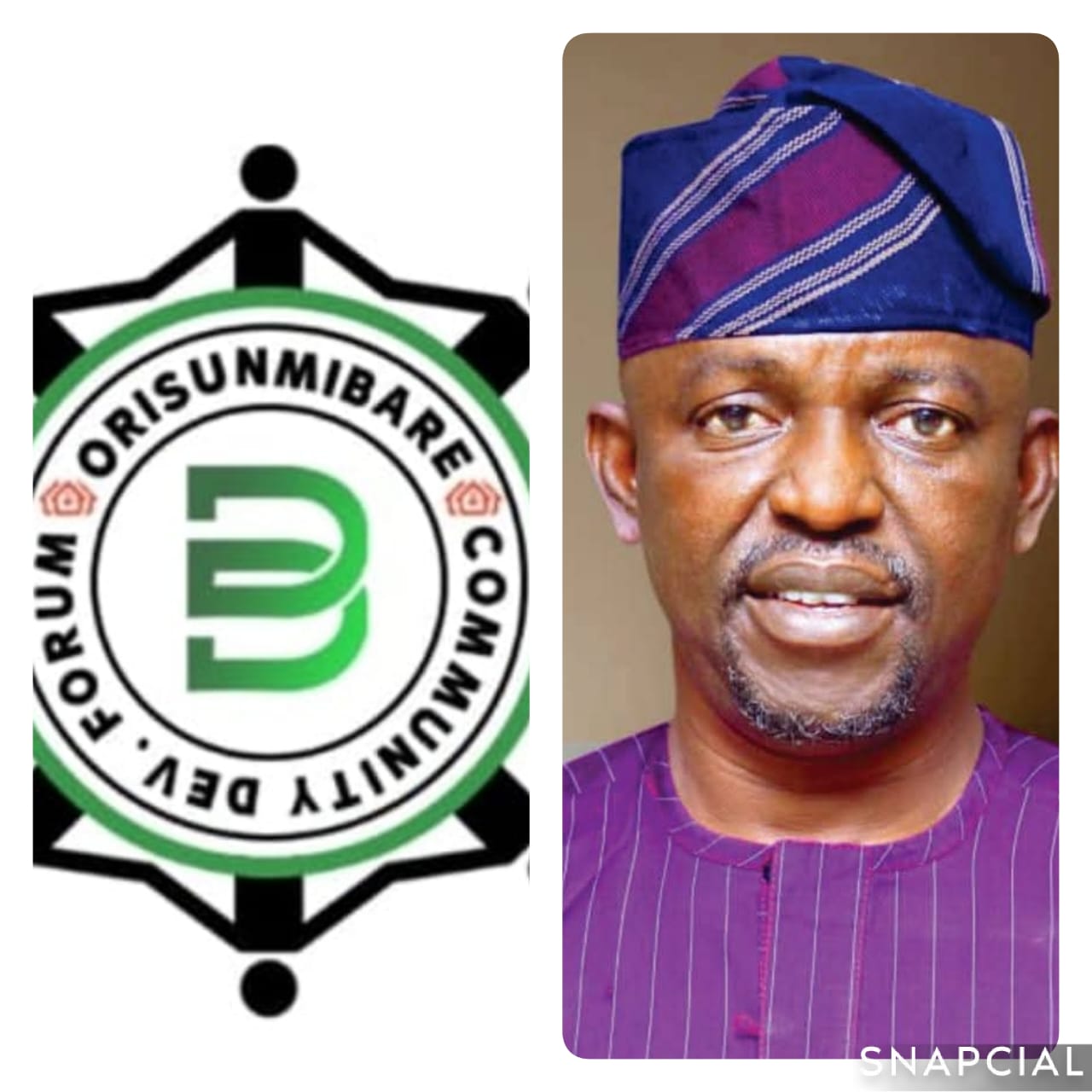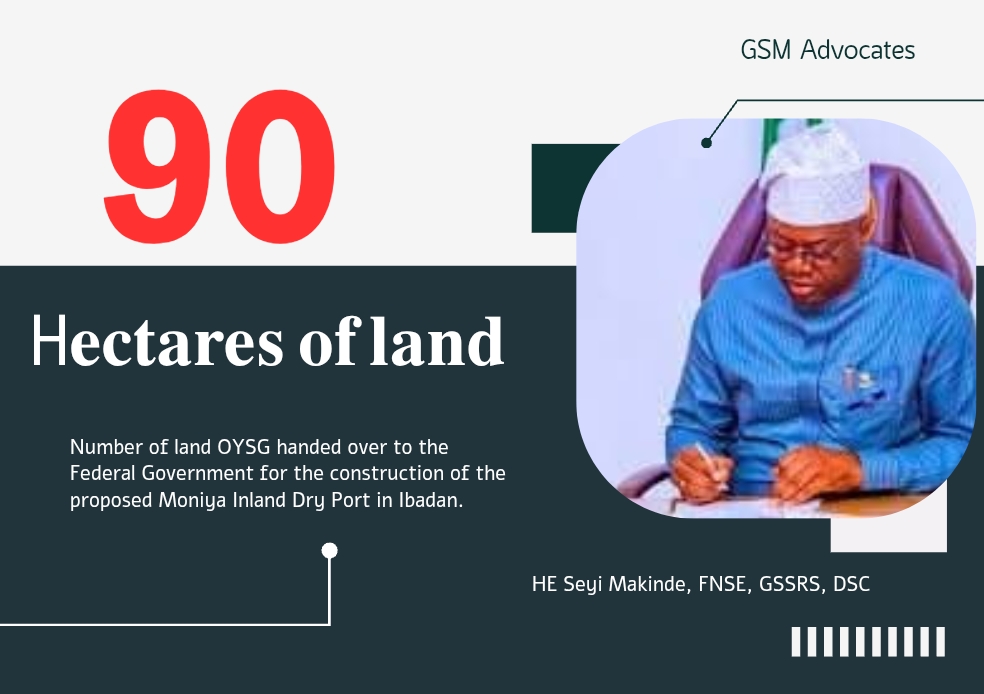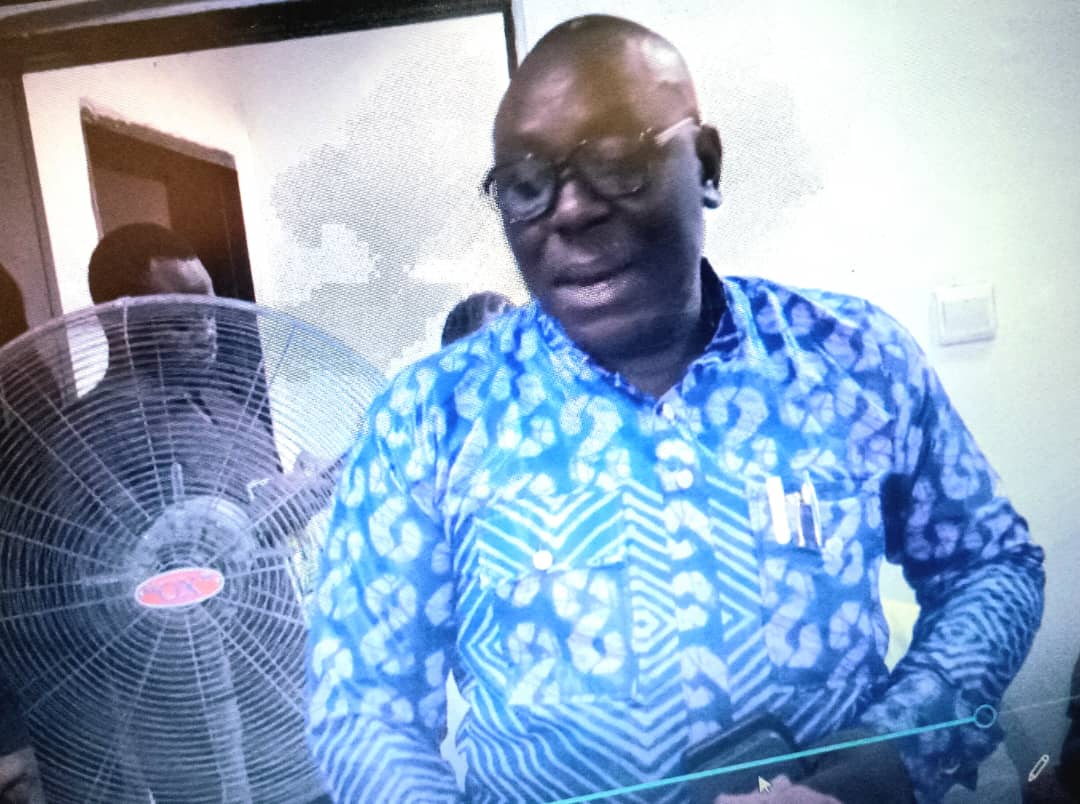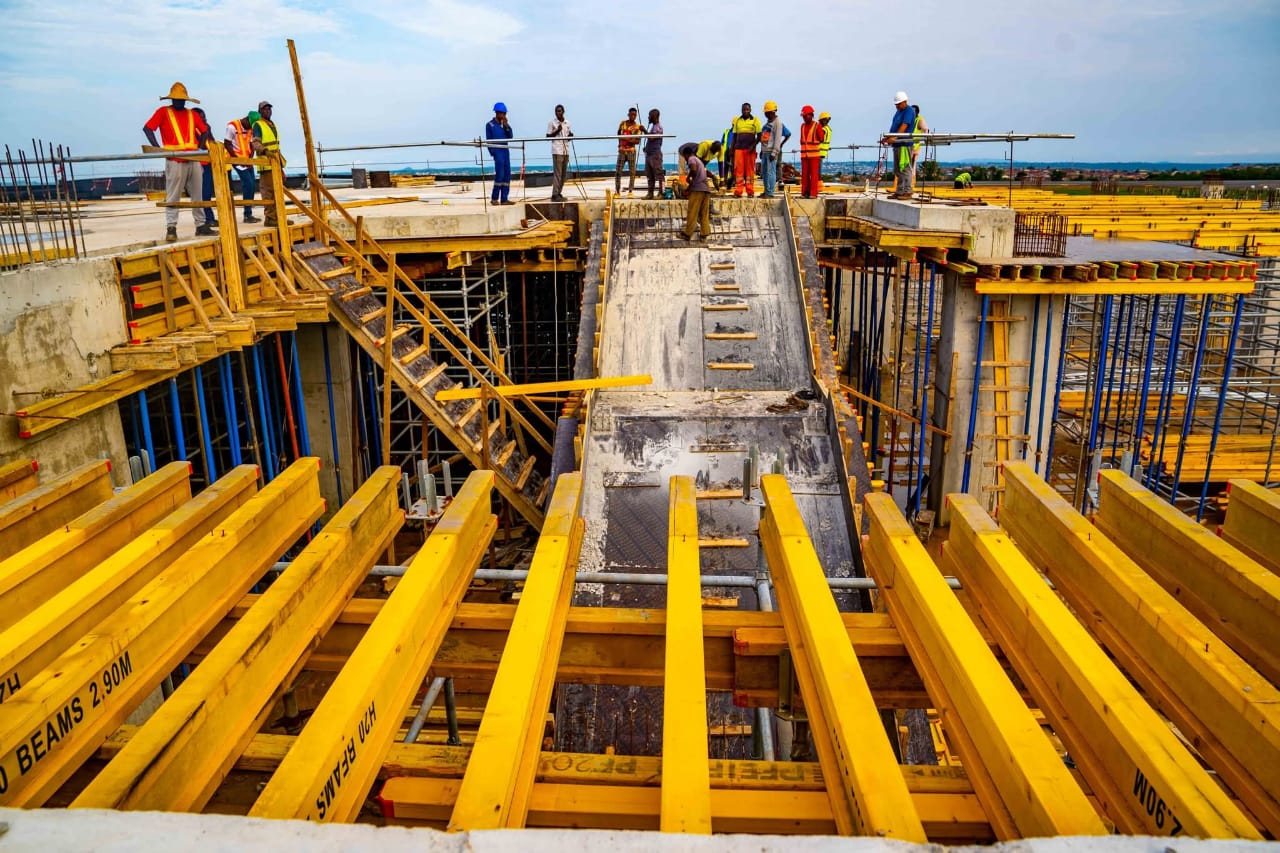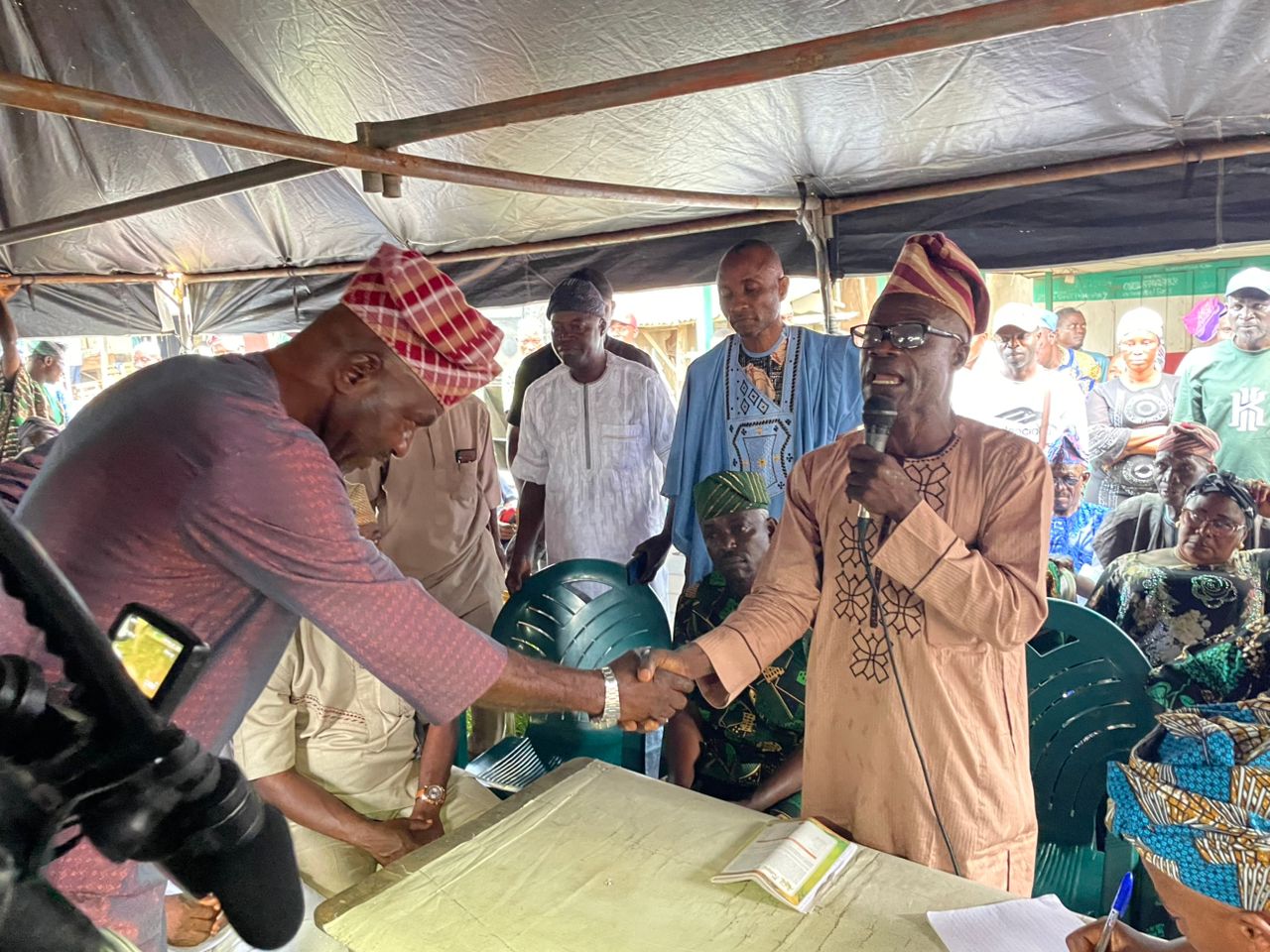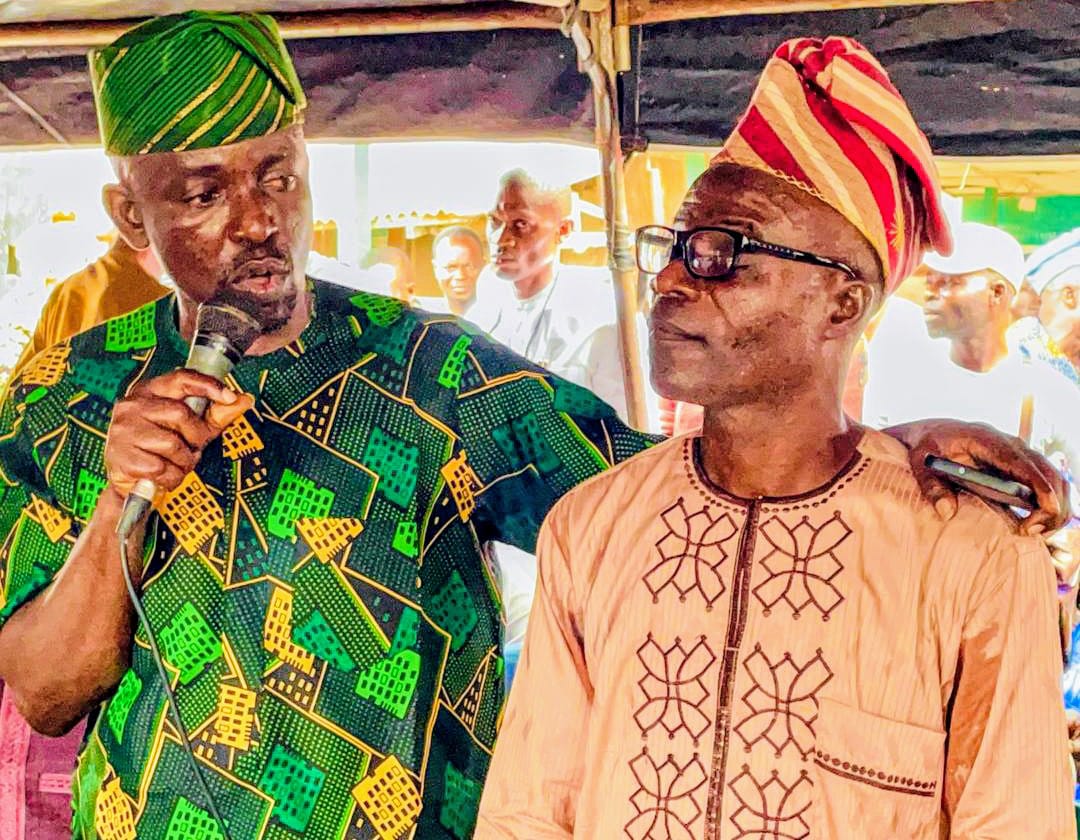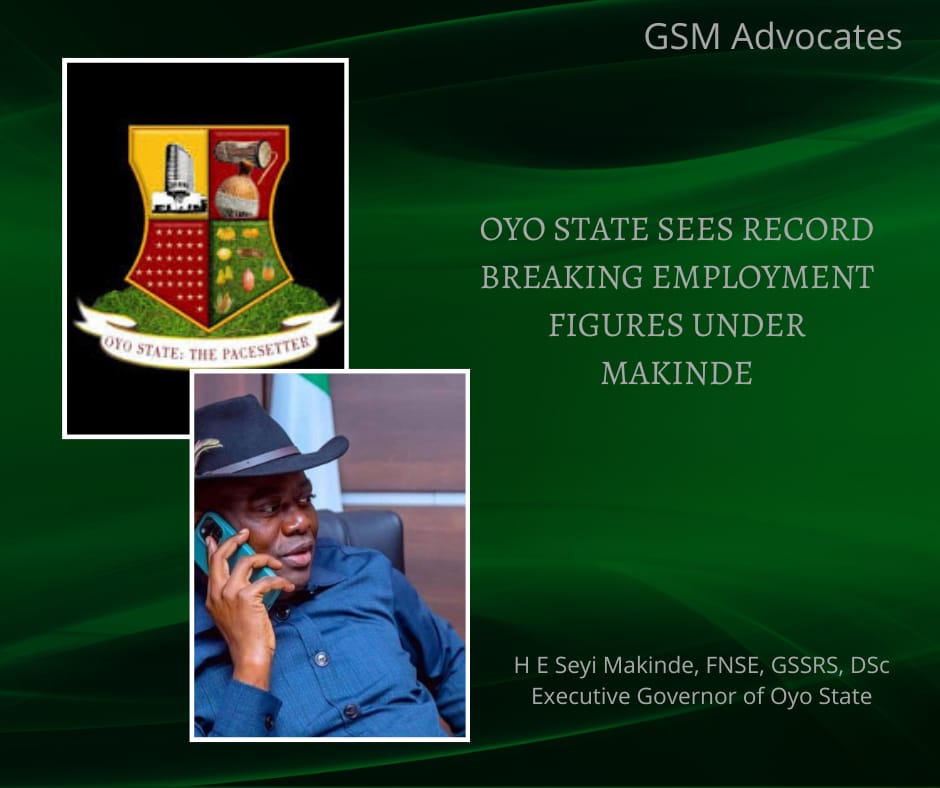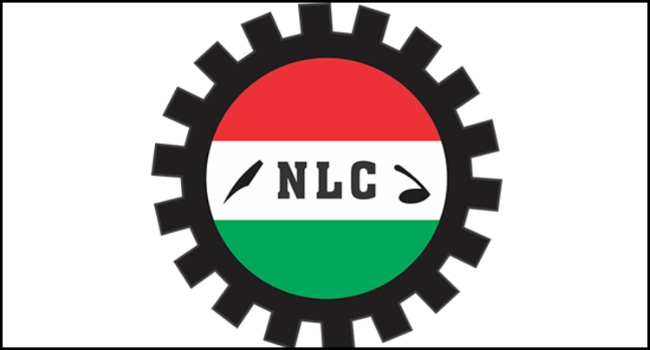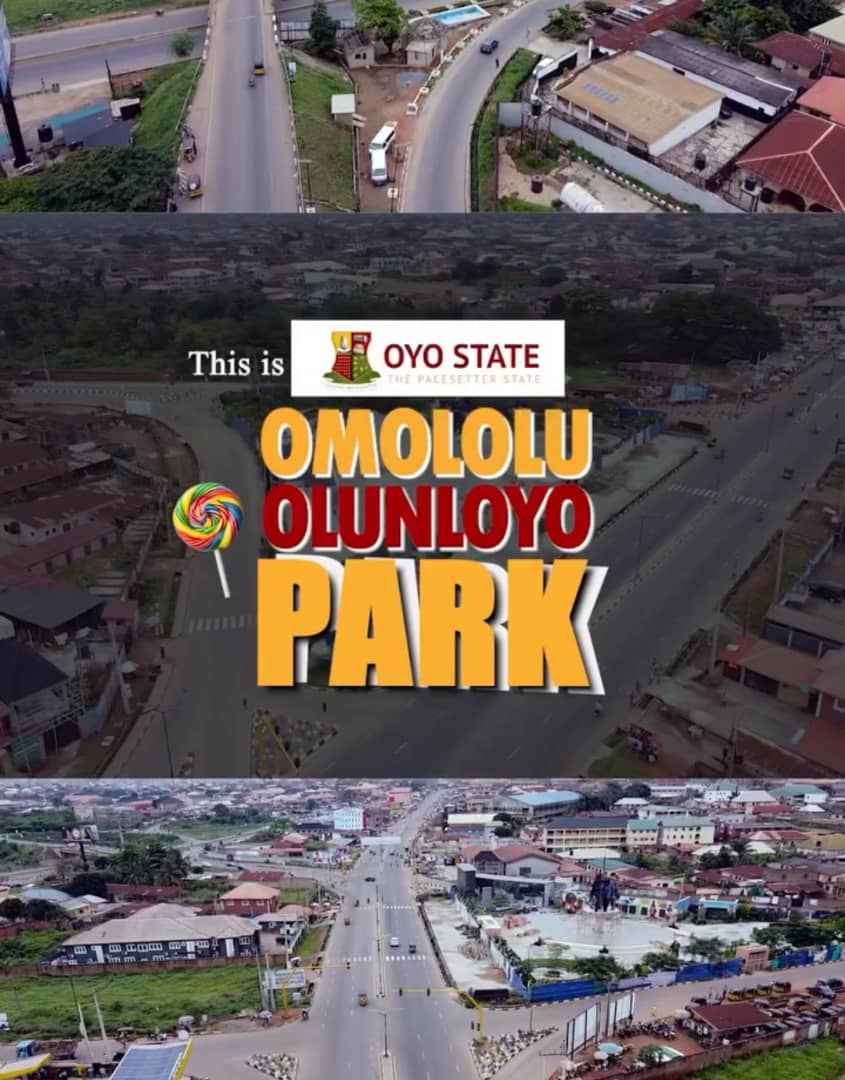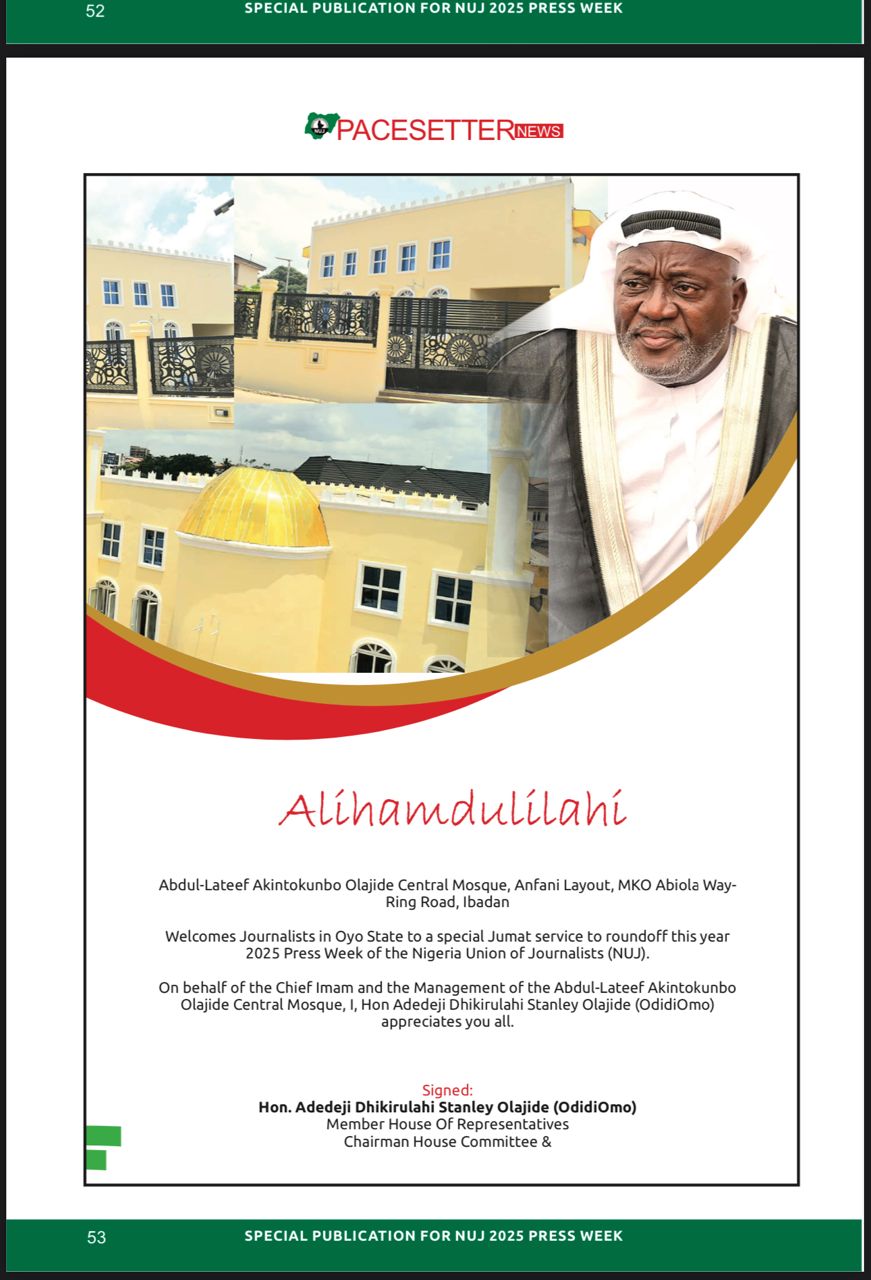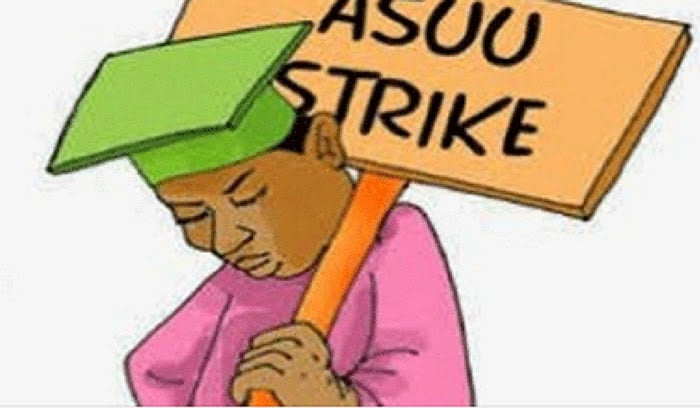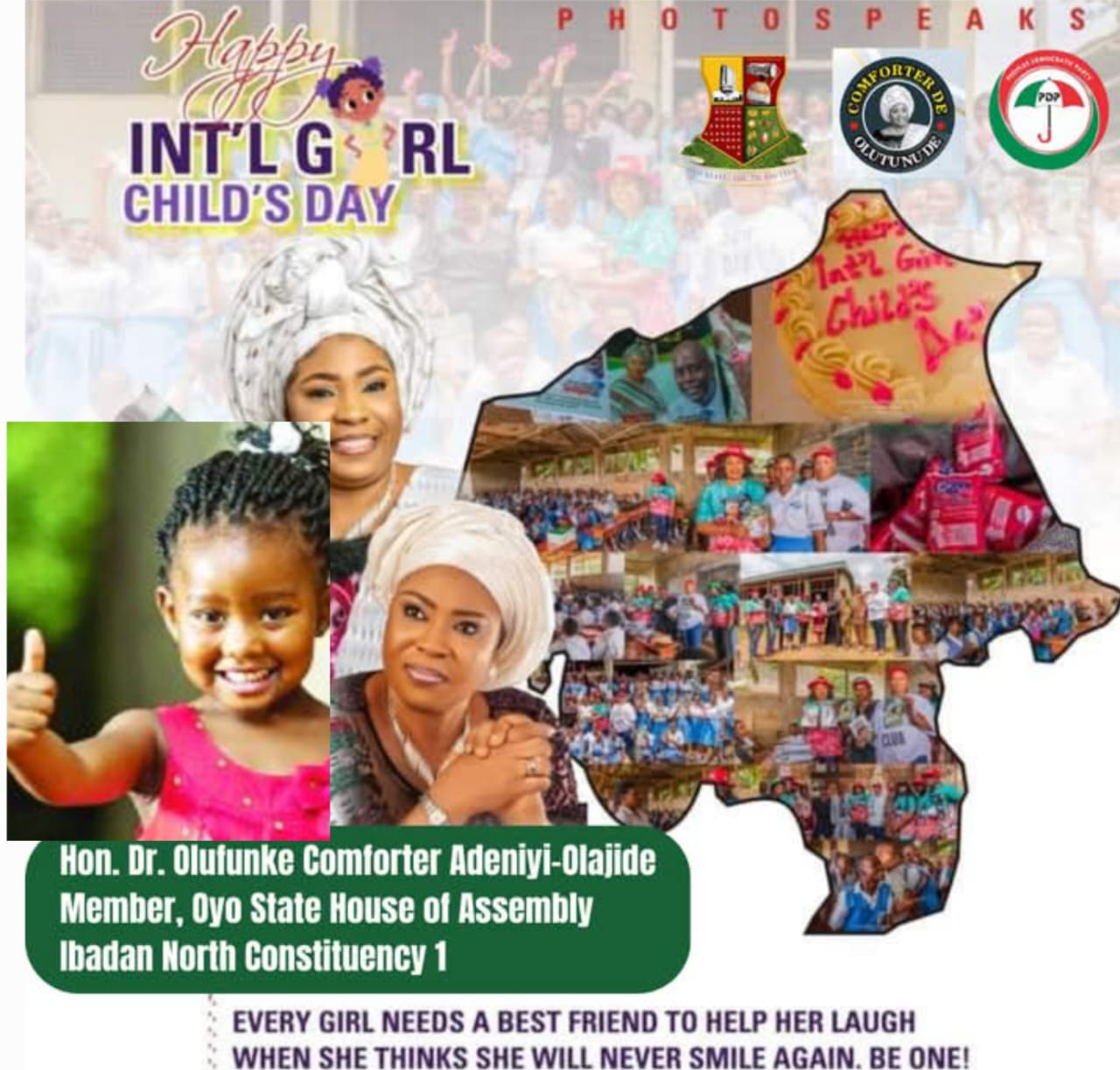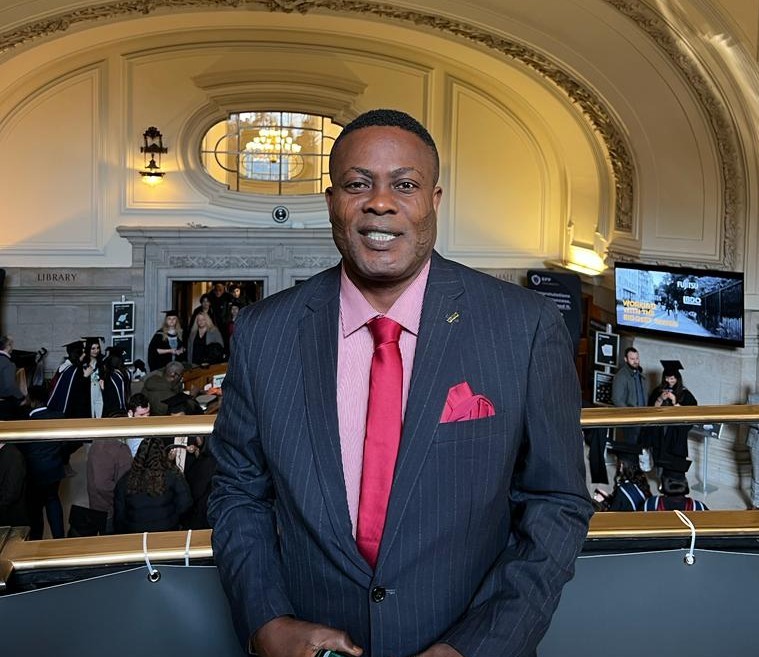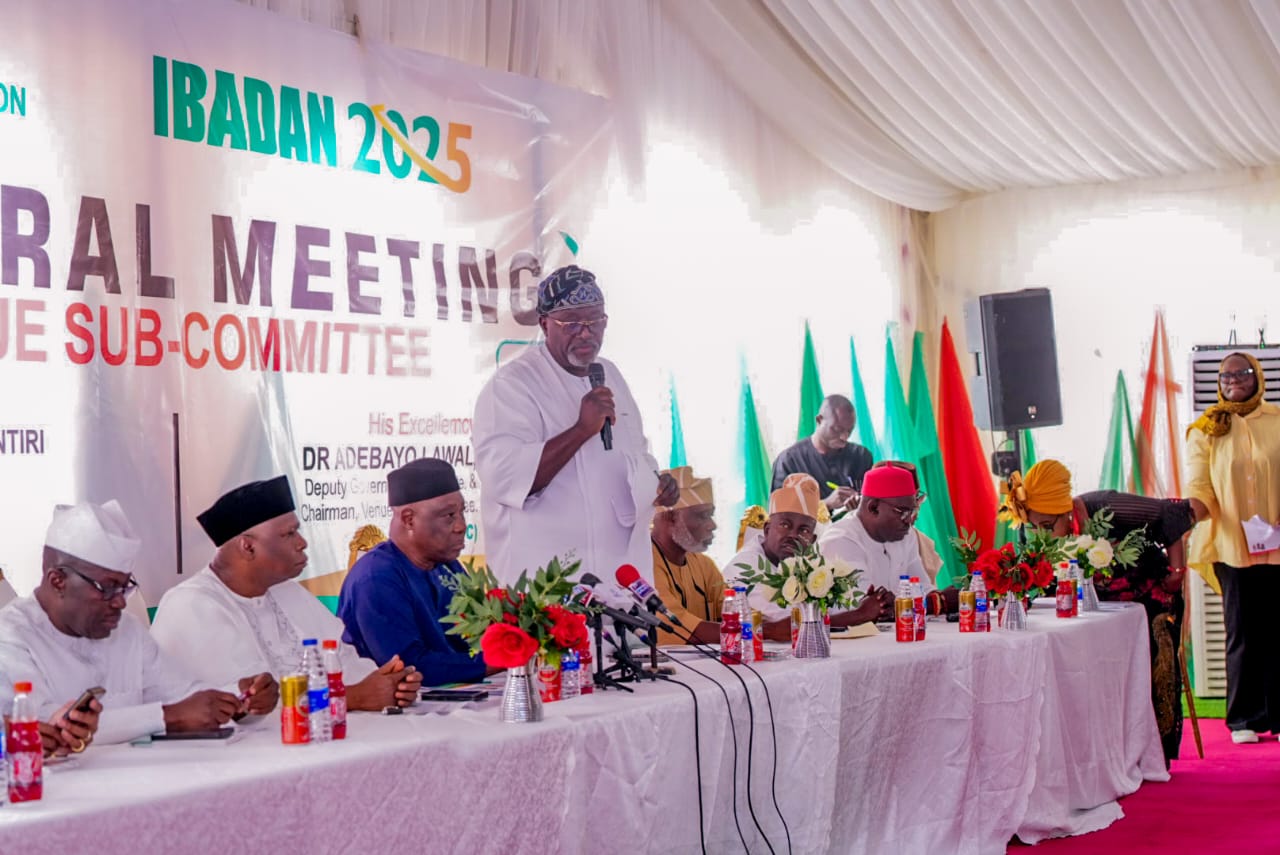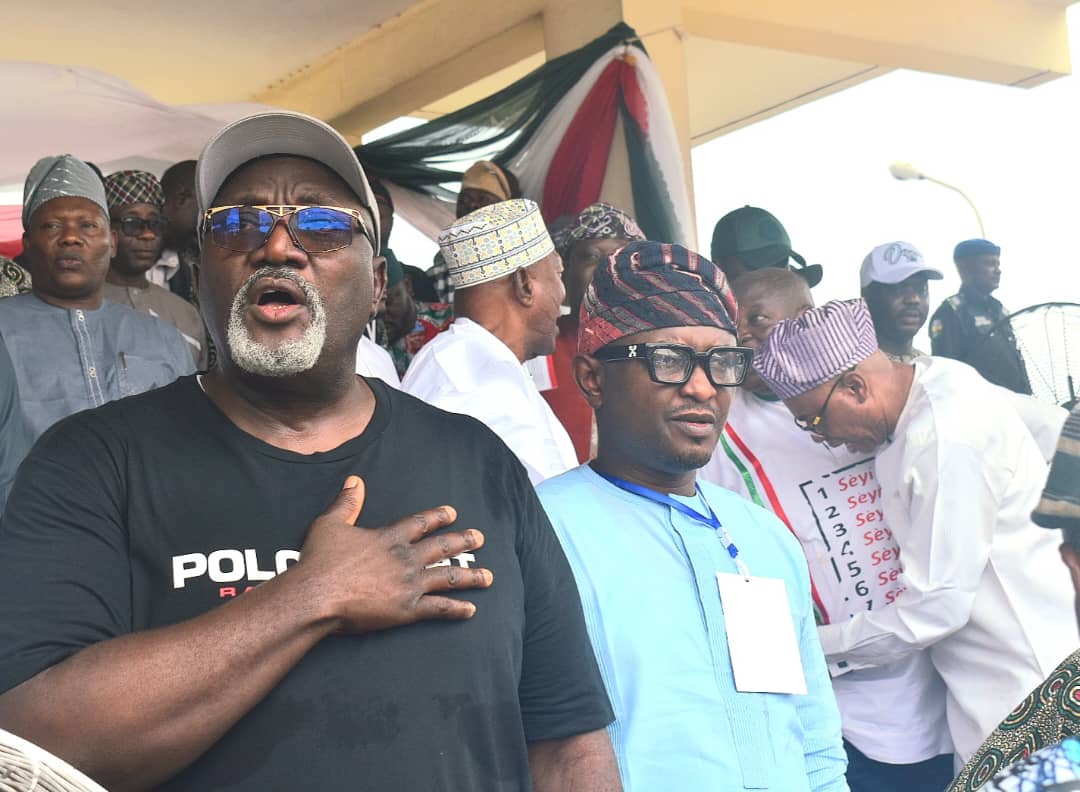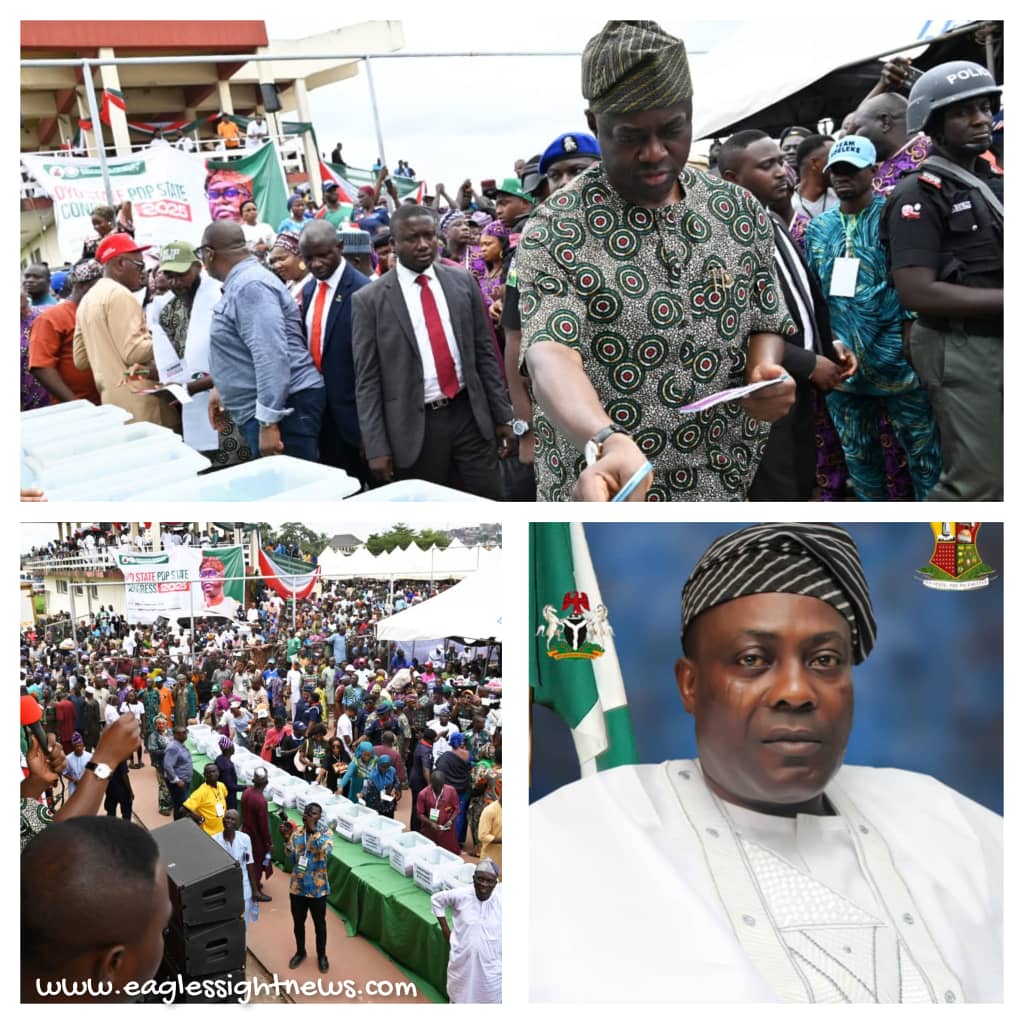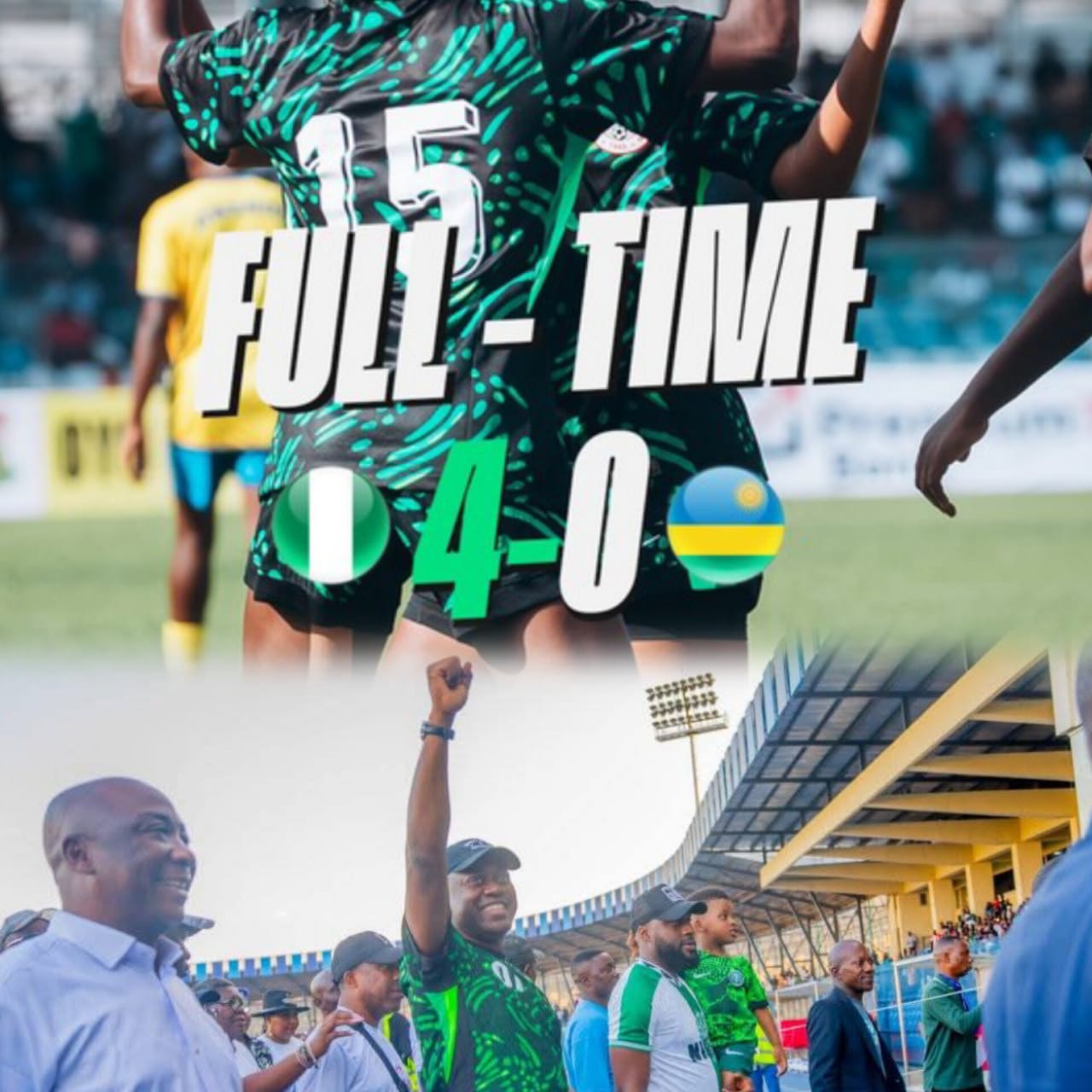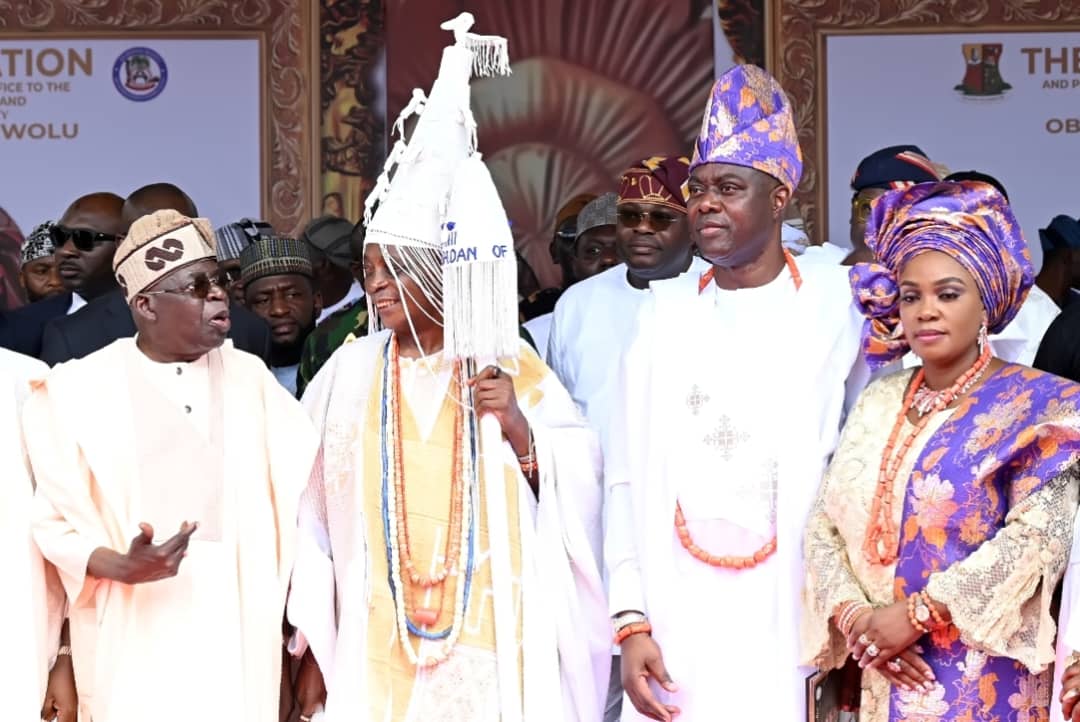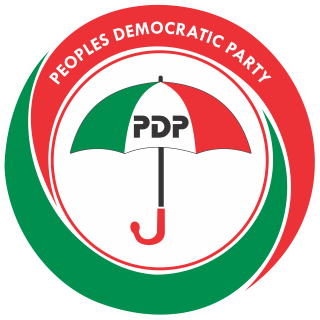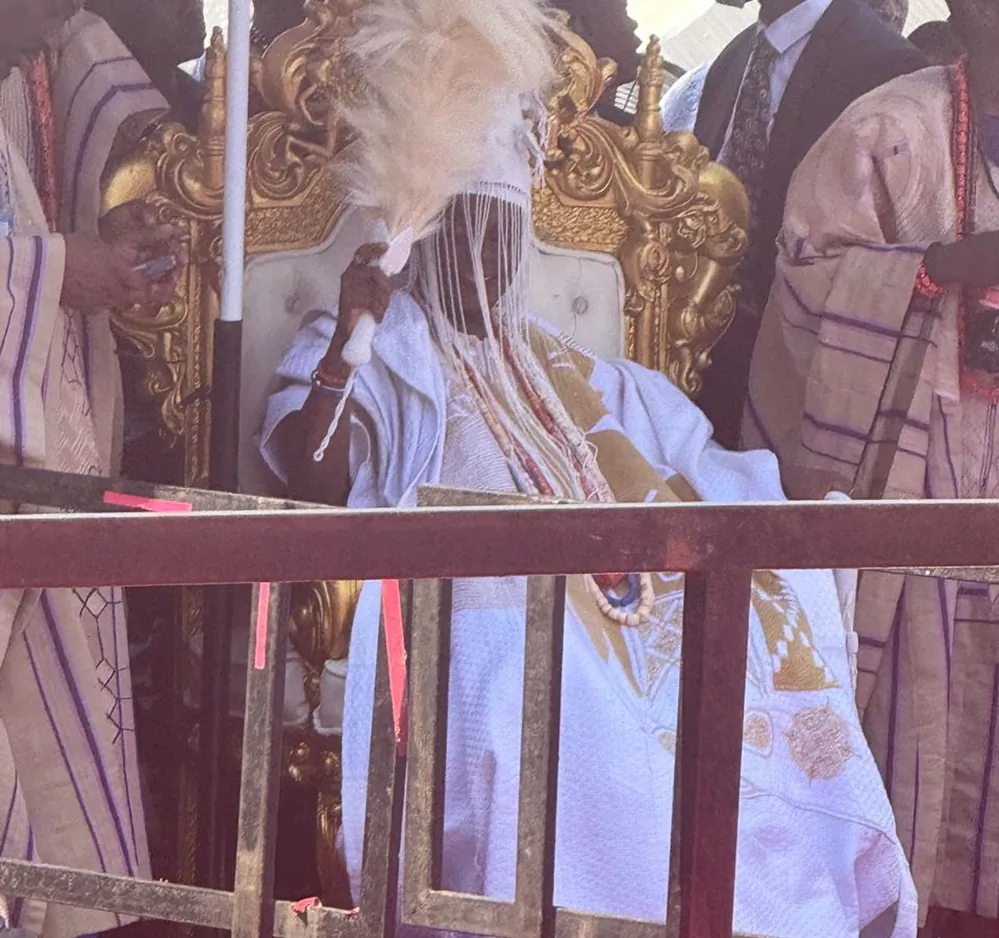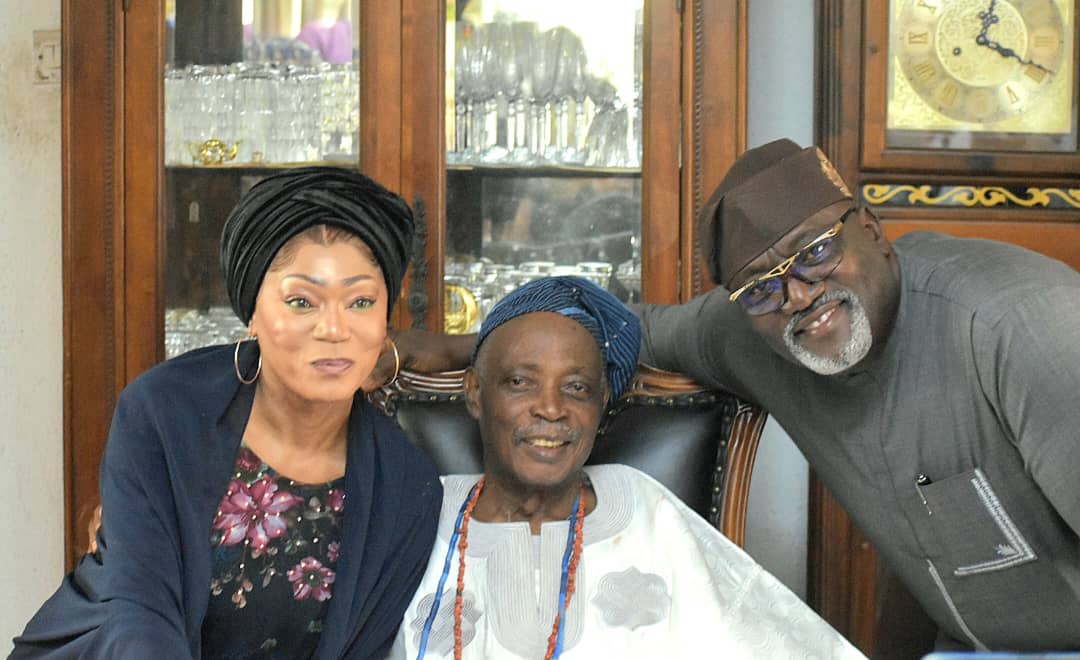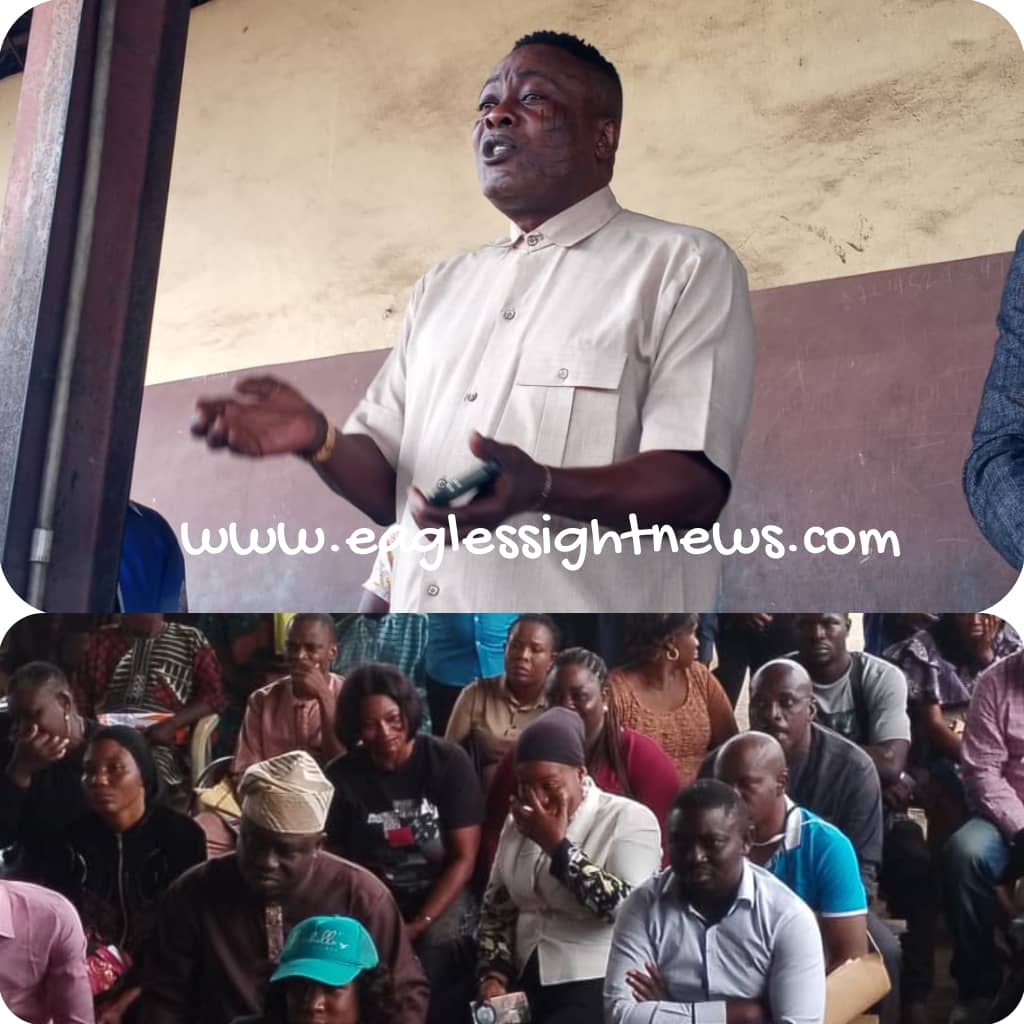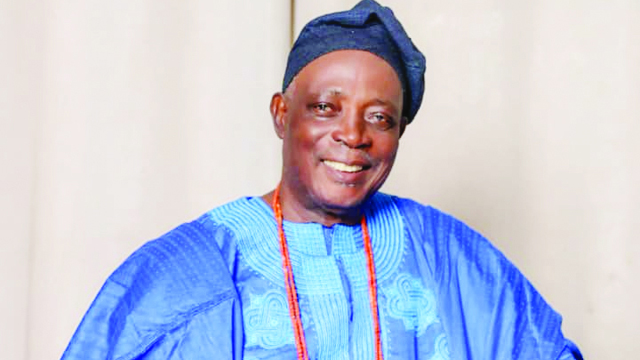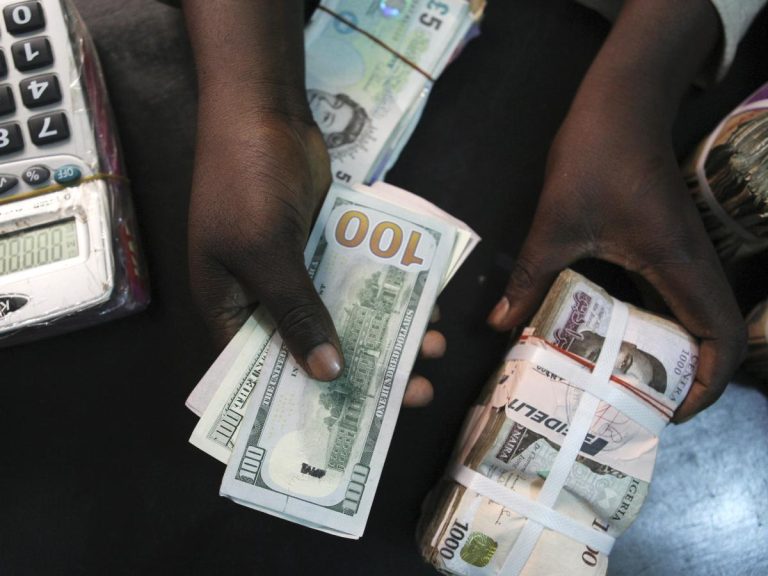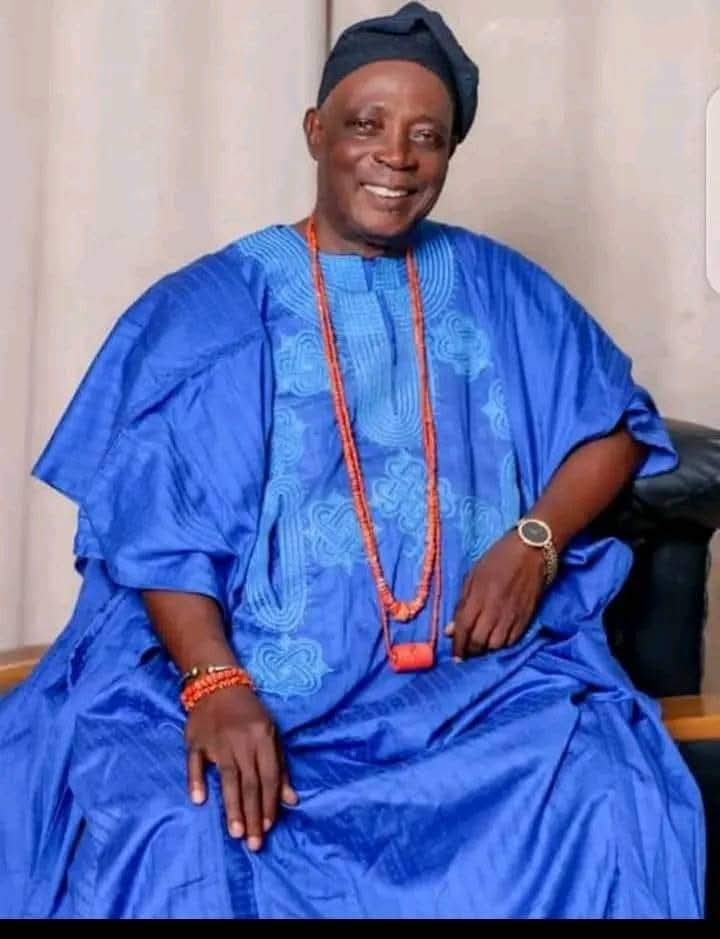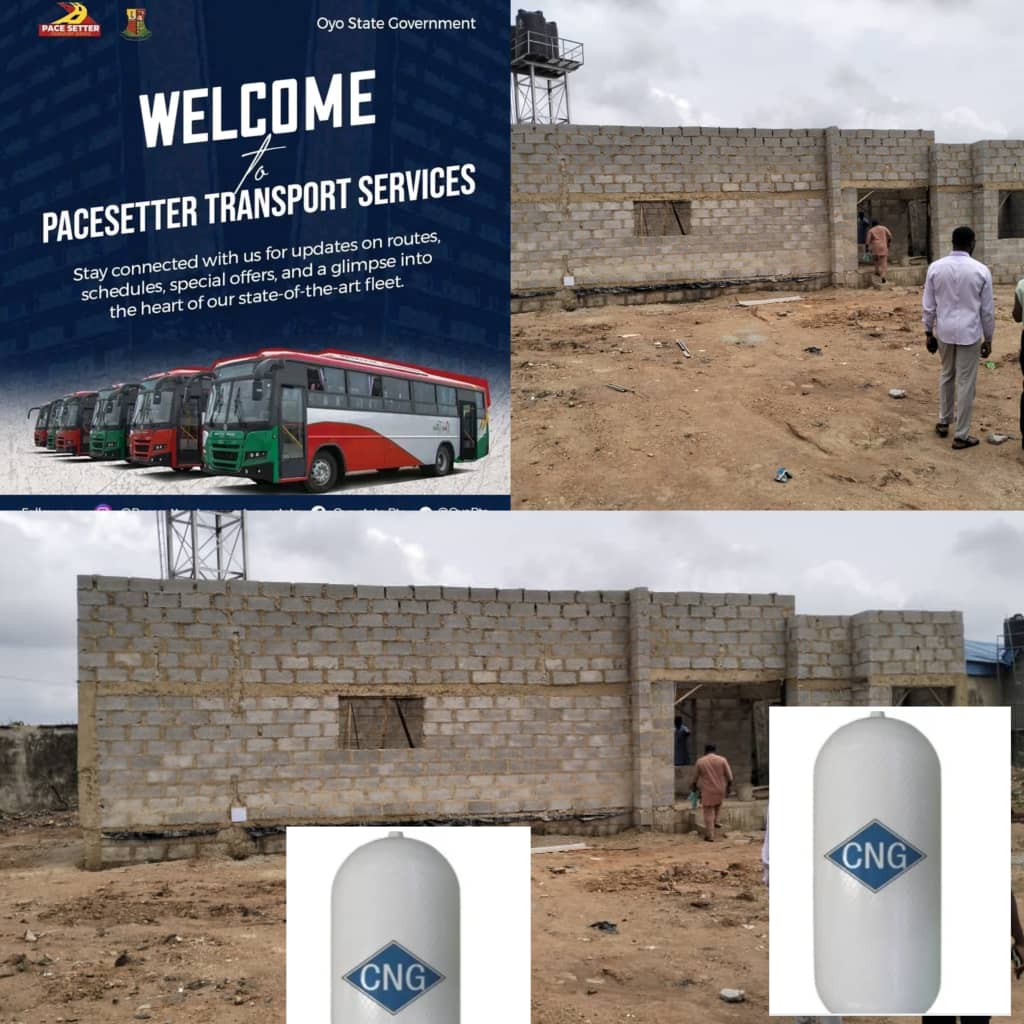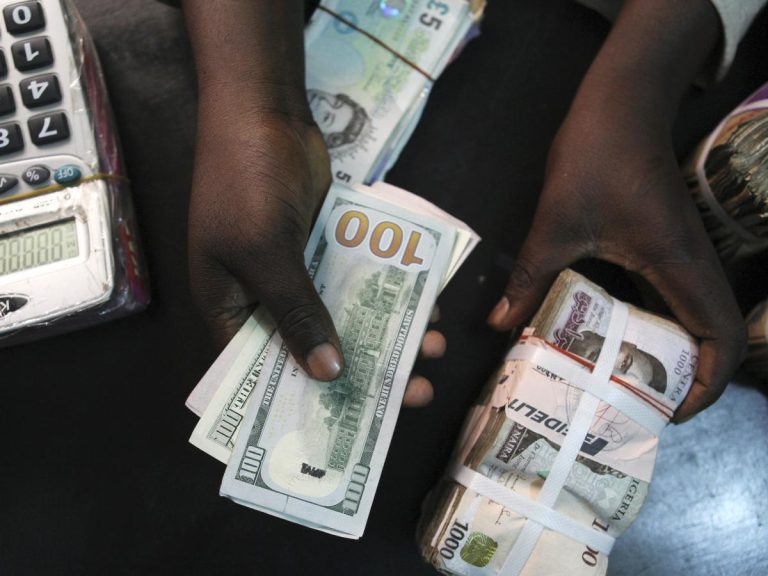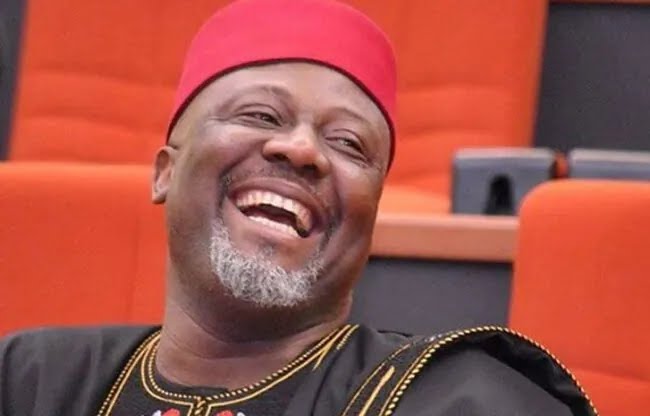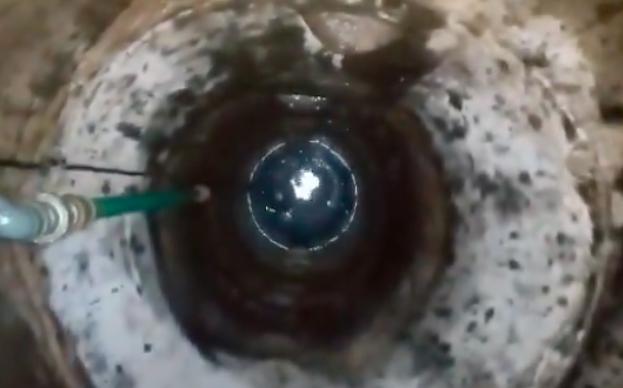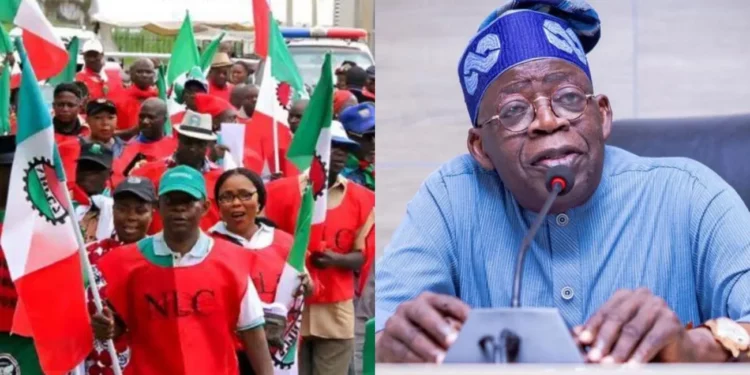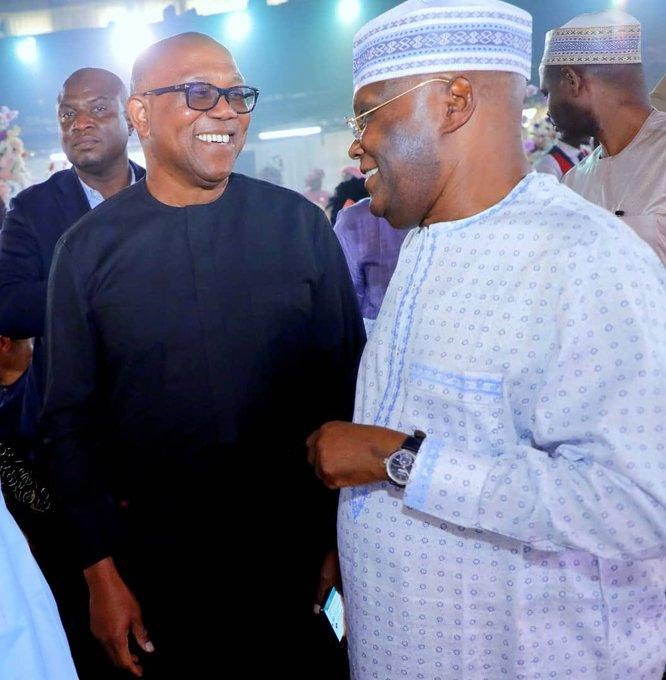Atiku, Obi Missed It, President Not Thinking About 2027-Tinubu’s Adviser Blows Hot
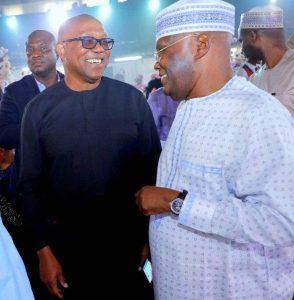
Mr Bayo Onanuga is special Adviser to President Bola Tinubu on Information and Strategy. Before his appointment into the position, Onanuga was involved in the Tinubu/Shettima campaign. He was also at different times the Managing Director of News Agency of Nigeria (NAN) and the chief helmsman of The News magazine. In this interview, Onanuga speaks on the Tinubu administration one year after taking office. He also hinted that former President Muhammadu Buhari may not be probed for allegedly laying the foundation for the currently challenges being faced in the country as is being demanded in some quarters, saying critics have been uncharitable to give the former Nigerian leader credit on the successes he achieved while in office. Excerpts:
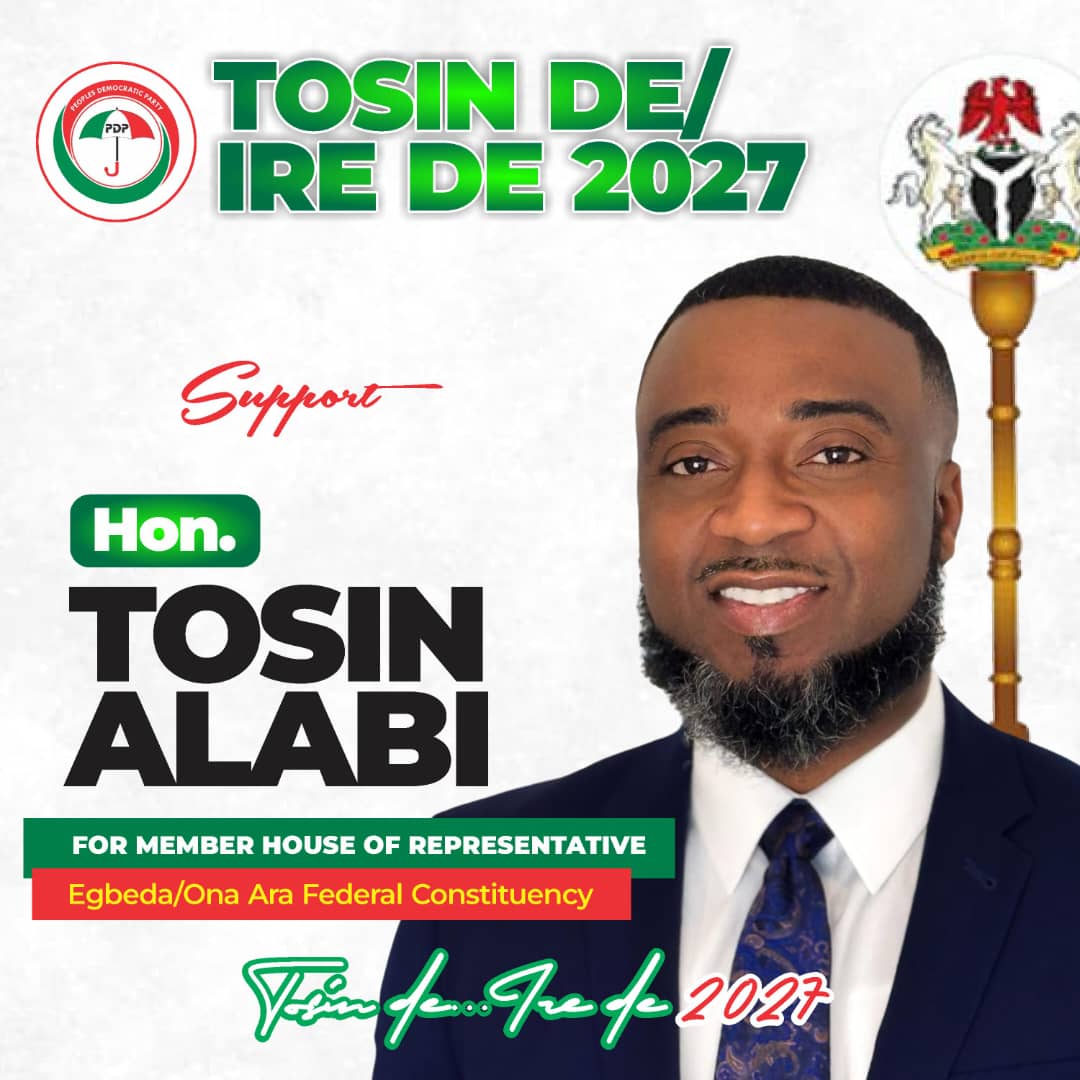
President Tinubu spoke these words among others at his inauguration on May 29, 2023: “On economy we target a higher GDP growth and to significantly reduce unemployment. We intend to accomplish this by taking the following steps: First, budgetary reform, stimulating the economy without engendering inflation will be instituted. Second, industrial policy will utilize the full range of fiscal measures to prompt domestic manufacturing and lessen import dependency. Third, electricity will become more accessible and affordable to businesses and homes alike. Power generation should nearly double and transmission and distribution networks improve. We will encourage states to develop local sources as well”. To what extent will you say the ‘Renewed Hope’ agenda goals of the administration have been met one after one year?
Let me say that the past year has been a mixed bag of sort. Things have not gone the way the administration planned and there have been some unintended consequences of some of the policies of government. But when you look at it, the bigger picture is that many things have been done. There are many achievements being recorded. The president spoke about a higher GDP growth in Q3 and Q4 last year. Comparatively to last year’s Q1, we also recorded a higher growth in GDP, about 2.9 percent. So things have not been so terrible as naysayers wish. Let me also say that Nigerians should not forget where we were coming from. Although when the president took over that May 29, the budget he inherited, for instance, showed that 97% of our income would go into debt servicing. So we had virtually nothing left. So, the last administration had to resort to borrowing, borrowing and borrowing to stay afloat. Even the “subsidy is gone” that he announced at that venue, he was just fulfilling a policy, in fact a law that his predecessor had made a fait accompli. By that law, subsidy was supposed to end in June 2023.
By announcing the abrogation, the president merely accelerated things. And, of course, we know that all the candidates who ran for election, especially the three major ones, everybody agreed that subsidy must go. It had become like an albatross on the economy. A lot of money was going to finance it. And of course most of the subsidy was not even being enjoyed by Nigerians. Some people, smugglers were taking subsidized petrol out of the country to make humongous profits. Nigeria was bleeding as the president said recently. It is his duty to stop the bleeding.
The other policy implemented was the harmonization of multiple exchange rates, a practice heavily decried by the World Bank and the IMF. Yes, the two policies created problems in the economy. But they were clearly unintended. Anyone who had read some basic economics will agree that economic policies don’t follow the rules of science. They are always moderated by uncertainties by variables that in Latin are called ceteris paribus, all other things being equal. The president quickly acknowledged the effects of his policies and since then the administration has rolled out many palliative measures to mitigate the effects. Palliatives were offered to nano businesses. Farmers were heavily subsidised for dry season farming. Of recent the CBN released N100 billion worth of fertilisers to boost farm yields. Wage awards were paid to workers at federal and state levels. Even as we’re talking, the palliative announced for transport, to bring down the cost of moving goods and people around, is being implemented. A CNG conversion and refilling centre, along with CNG buses and tricycles were unveiled in Ilorin on Wednesday, May 29. More launching of the CNG assets will be done in the coming days. Bureaucracy is to be blamed as to why it took so long to implement the CNG initiative.
The panel to oversee the implementation was constituted in October last year. Procurement didn’t even begin until February 2024. In fact the president had to call top civil servants to a meeting in the Villa here to warn them not to constitute a cog in his wheel of progress. But as I said, the bigger picture to look at is that what this government has been doing, and what it actually intends to do, is to reset this economy, to really put it on a sustainable path of development and growth. That is the ultimate objective of all the policies and reforms being implemented. They are all tailored to ensure that this country is put on a sustainable path of development and growth.
Click to continue reading on Vanguard


